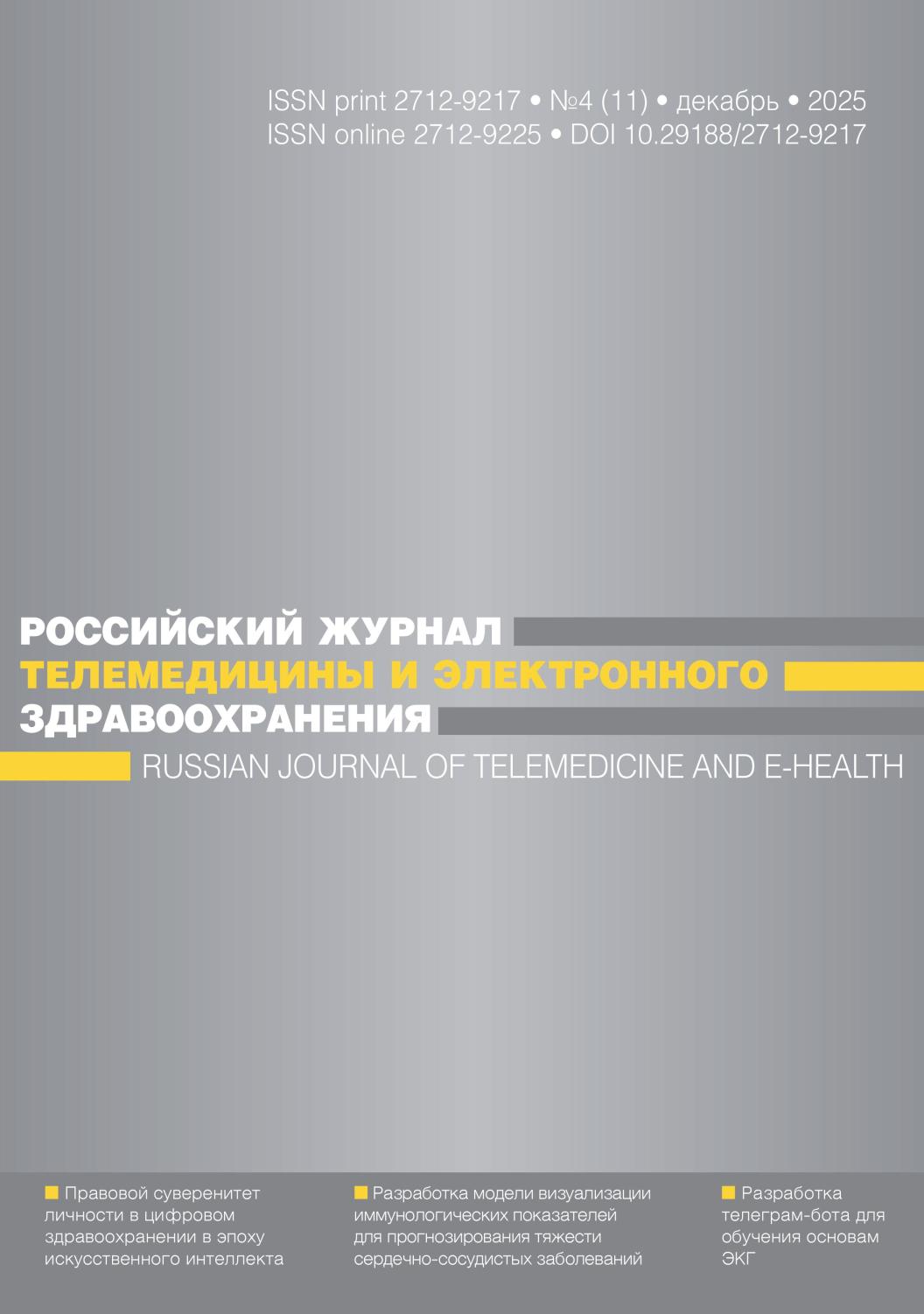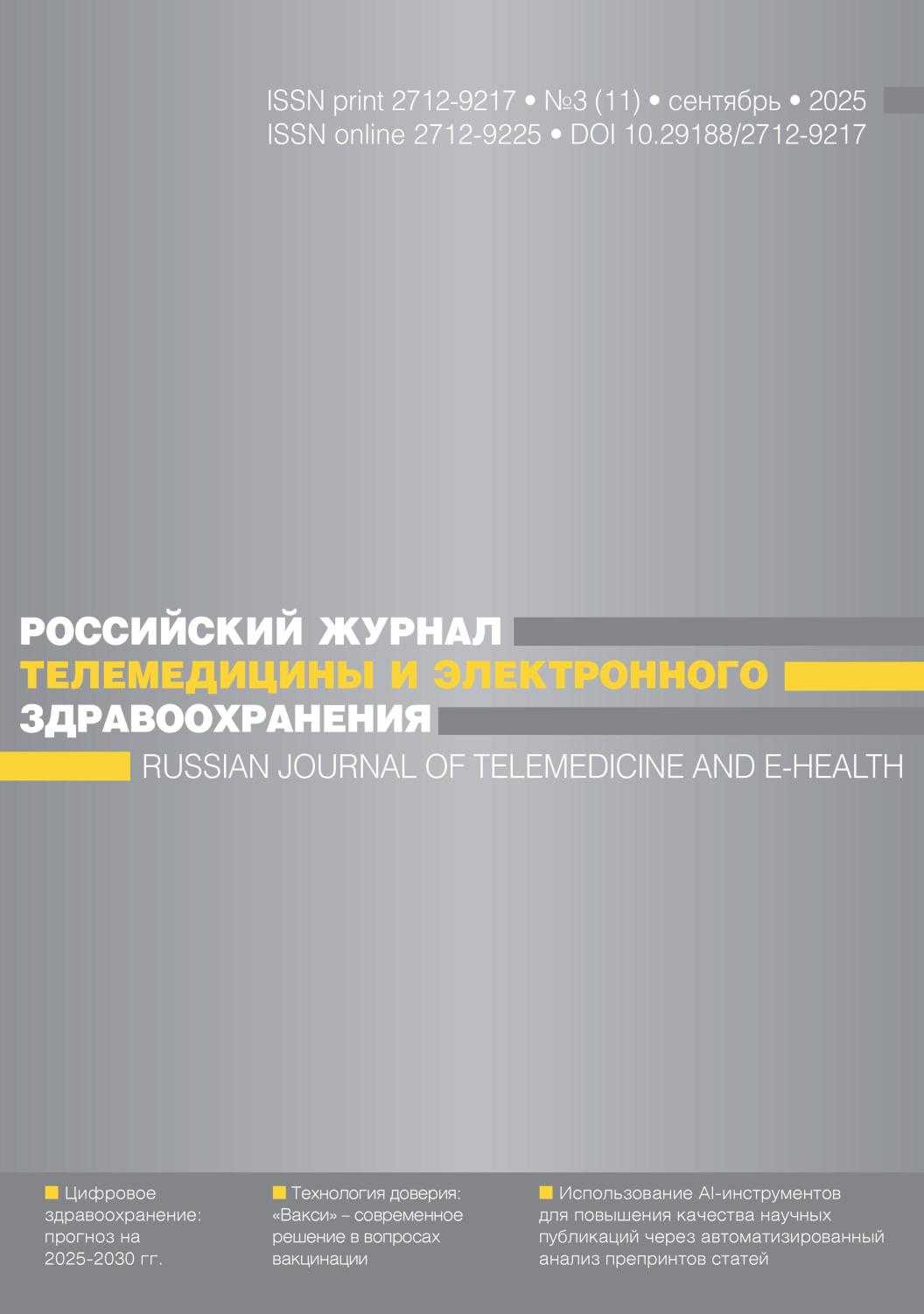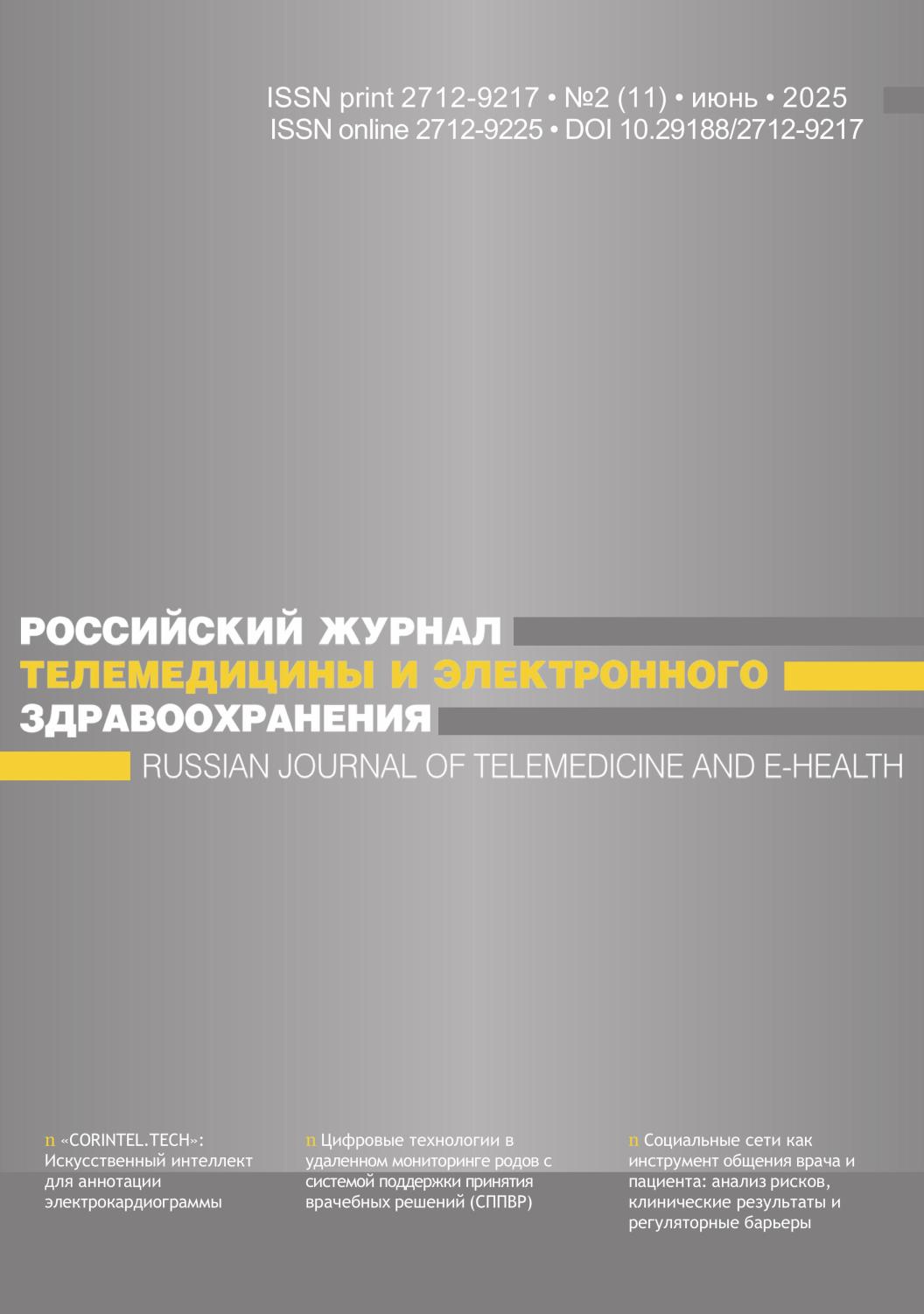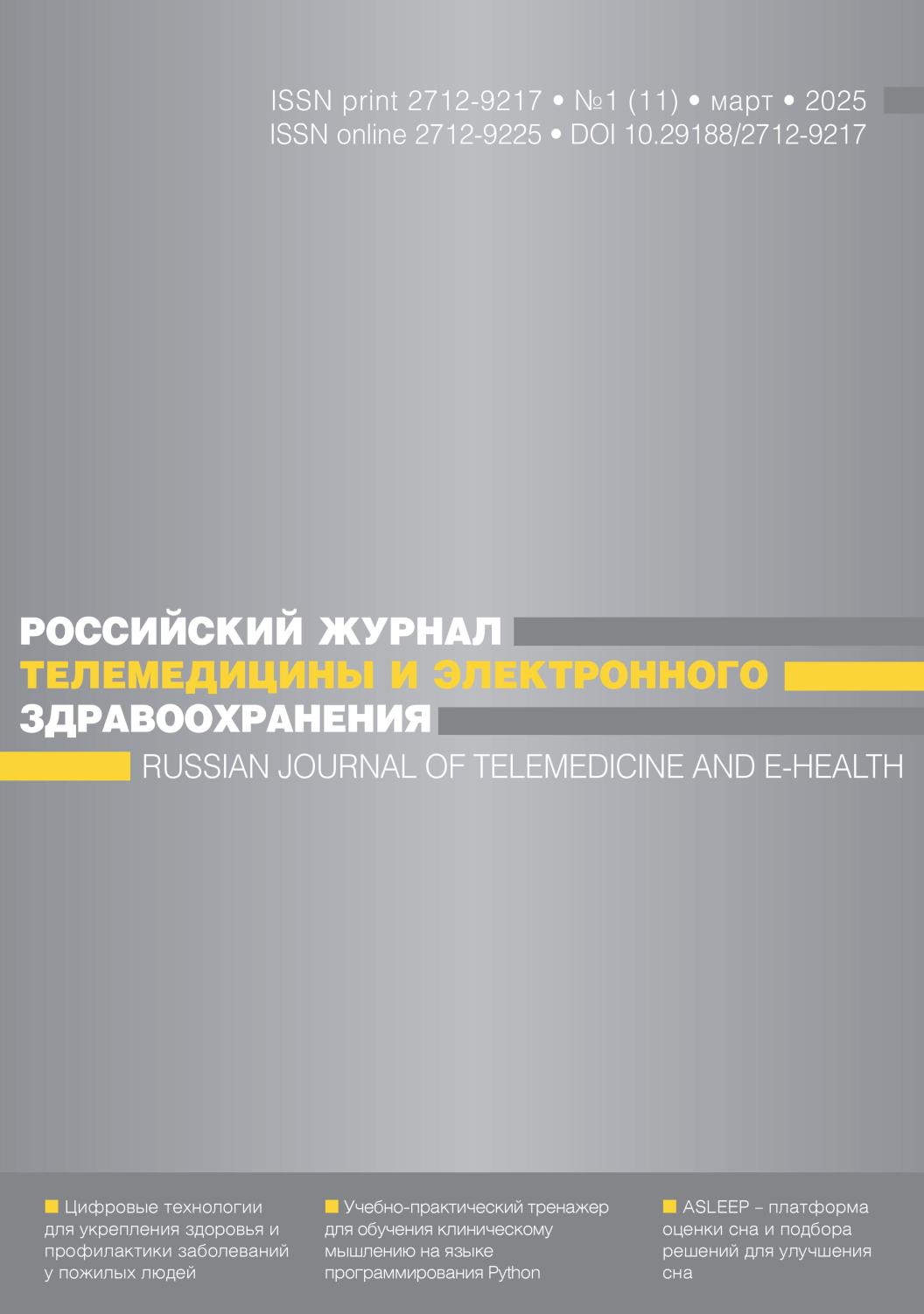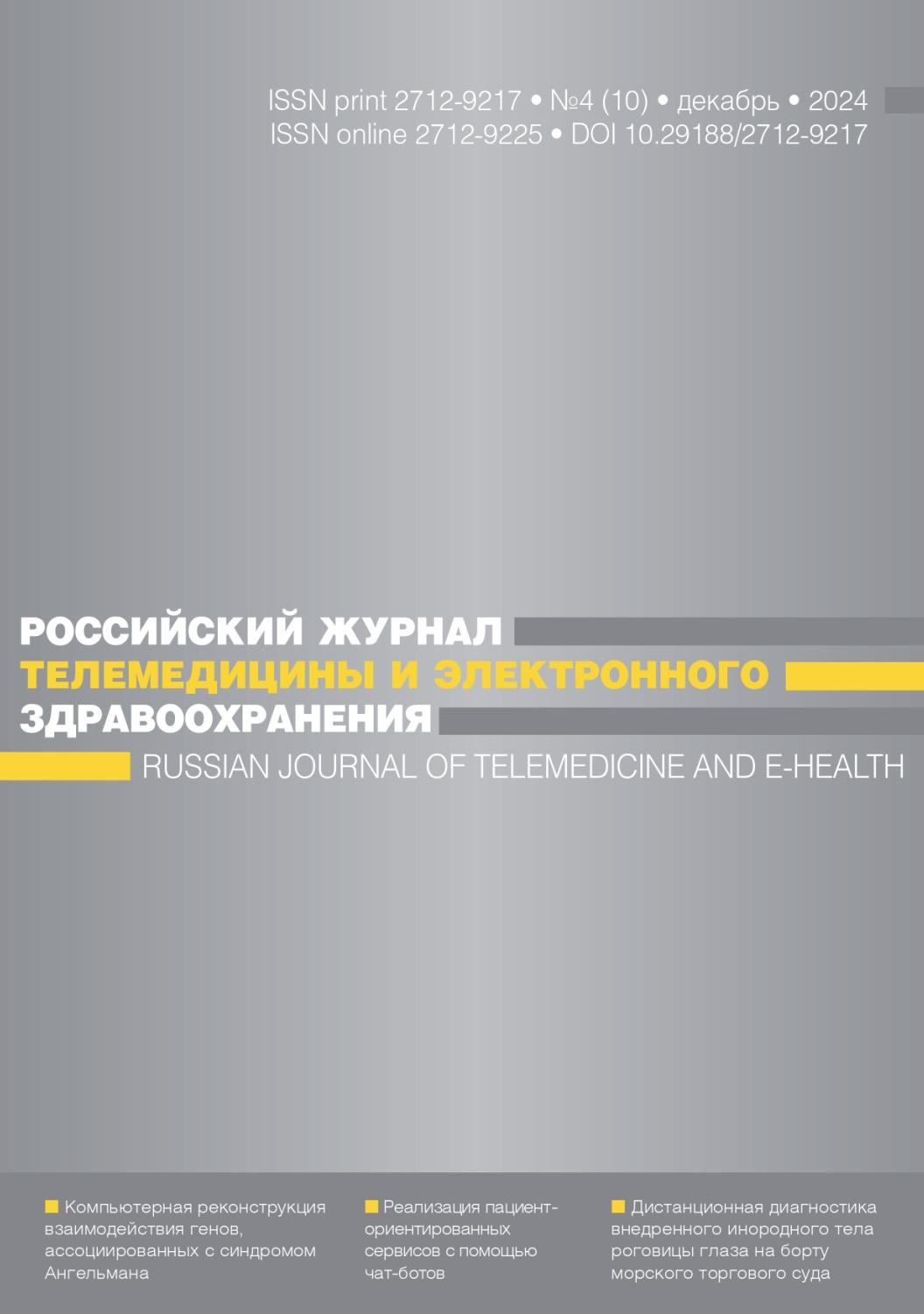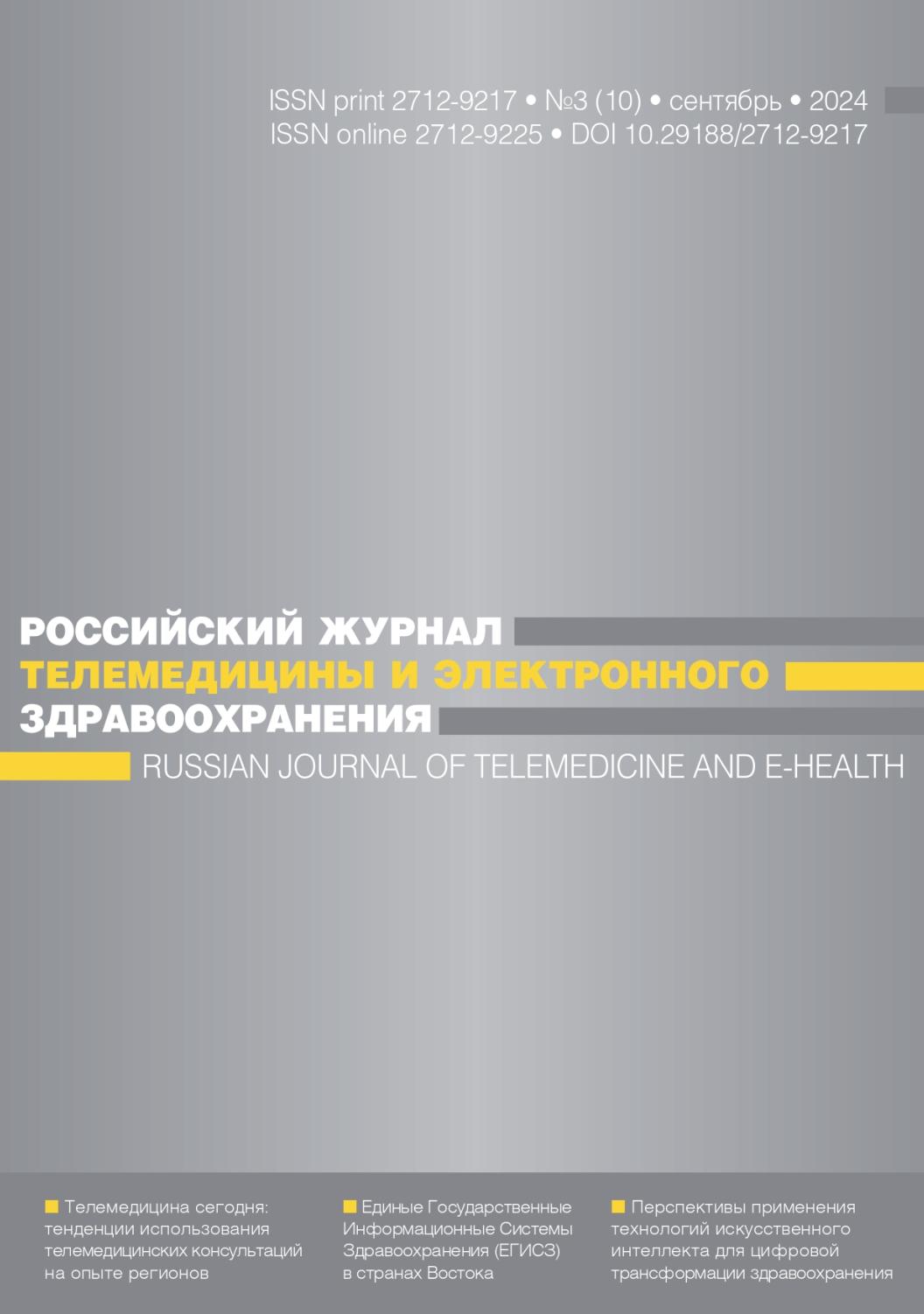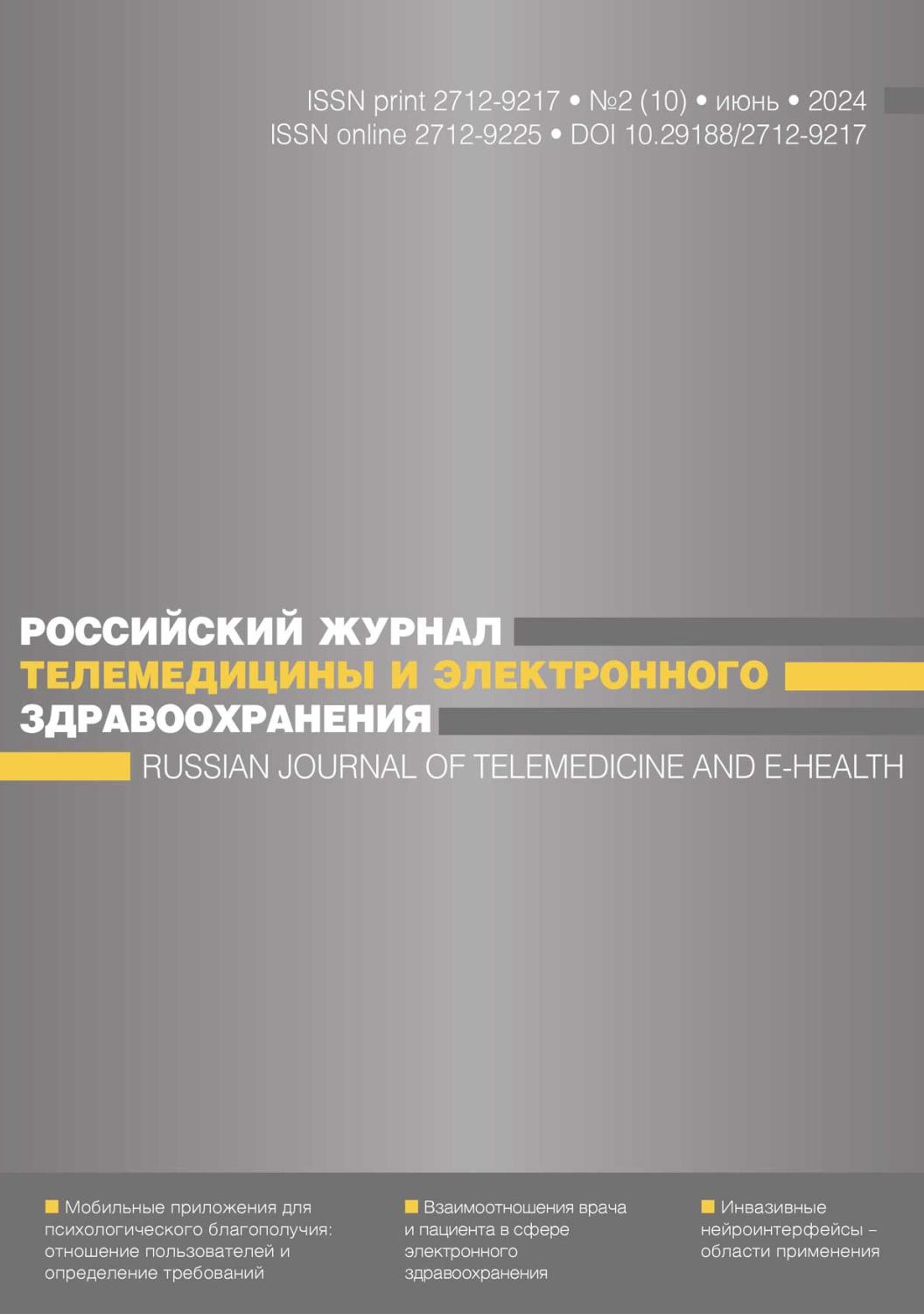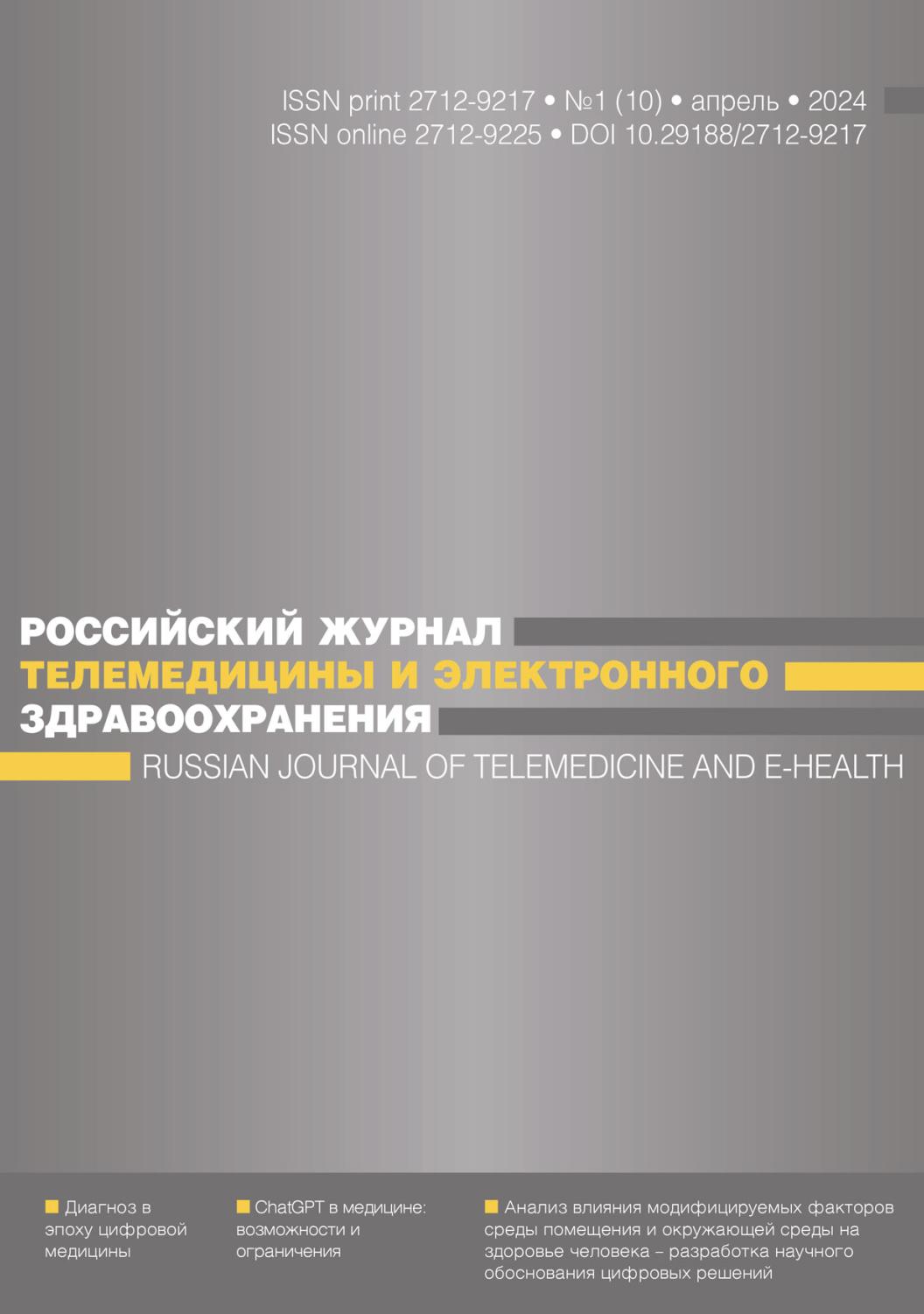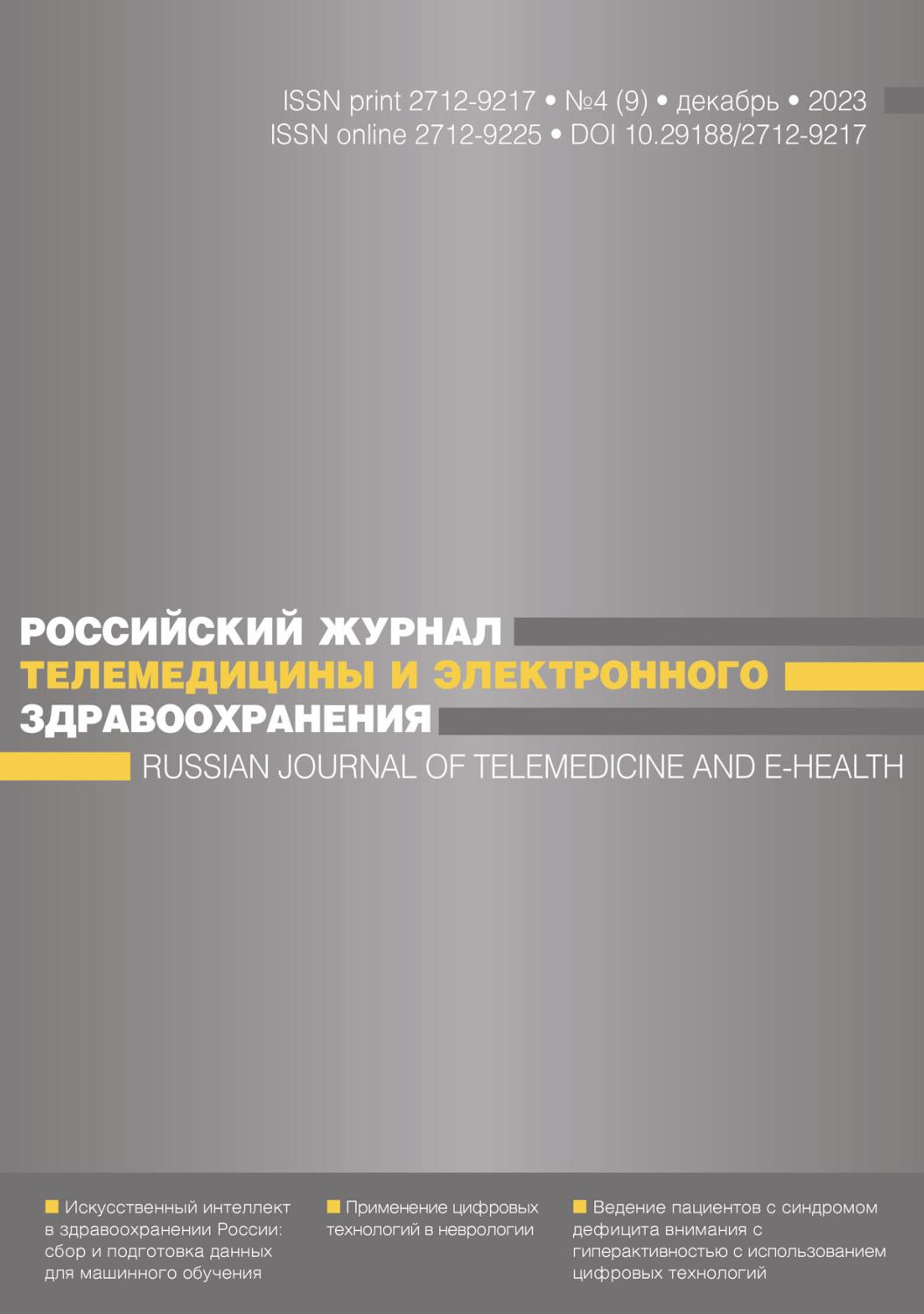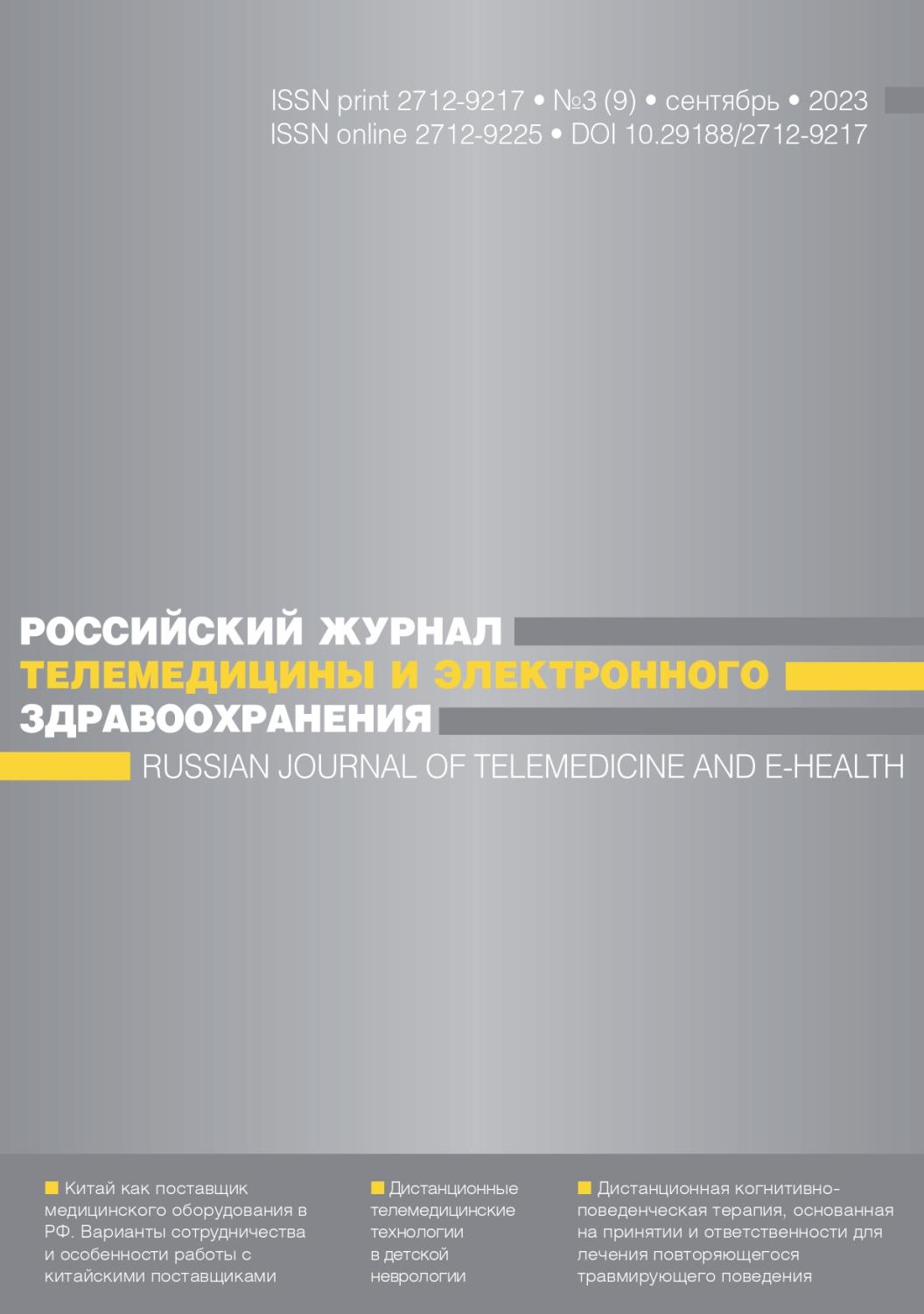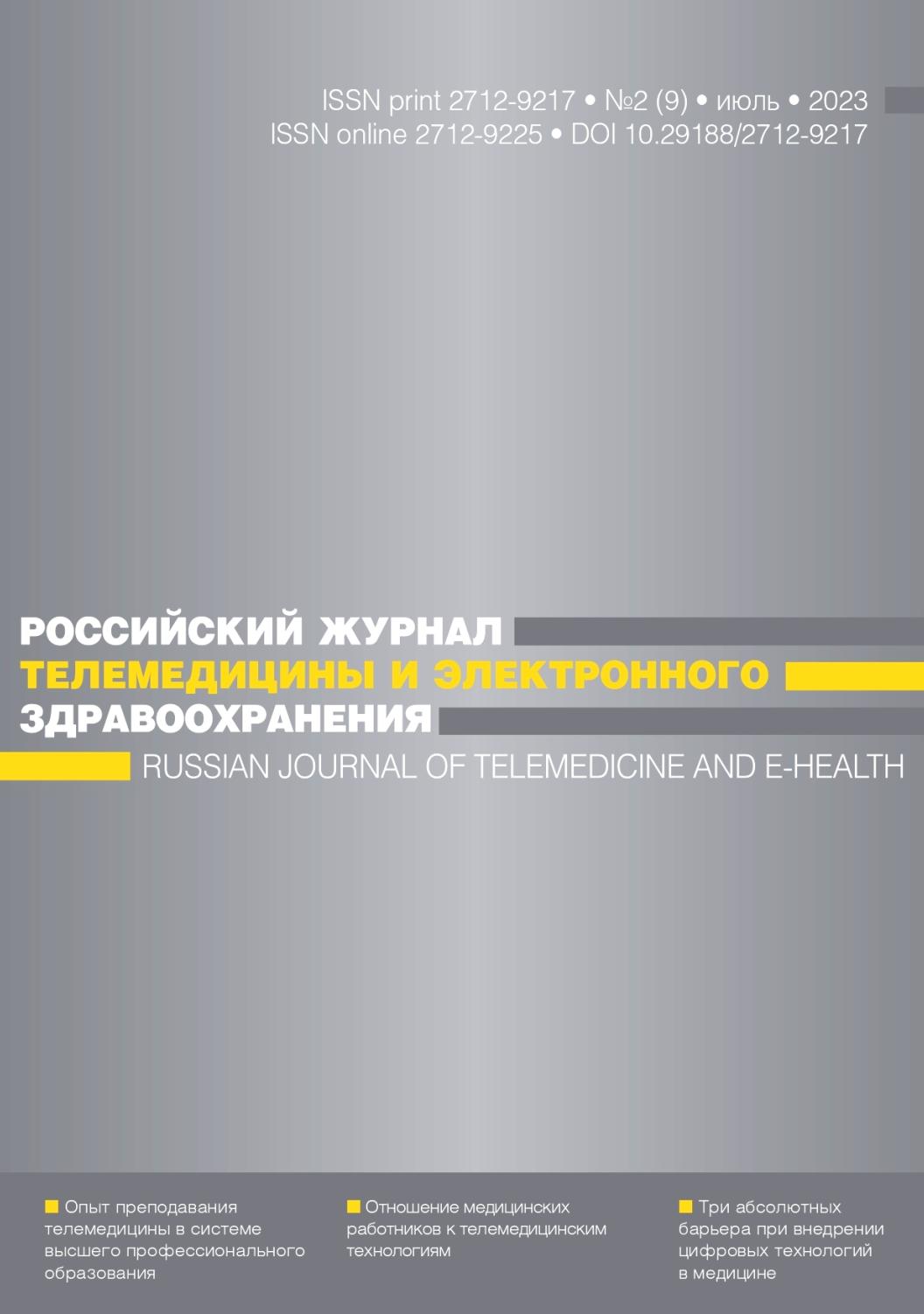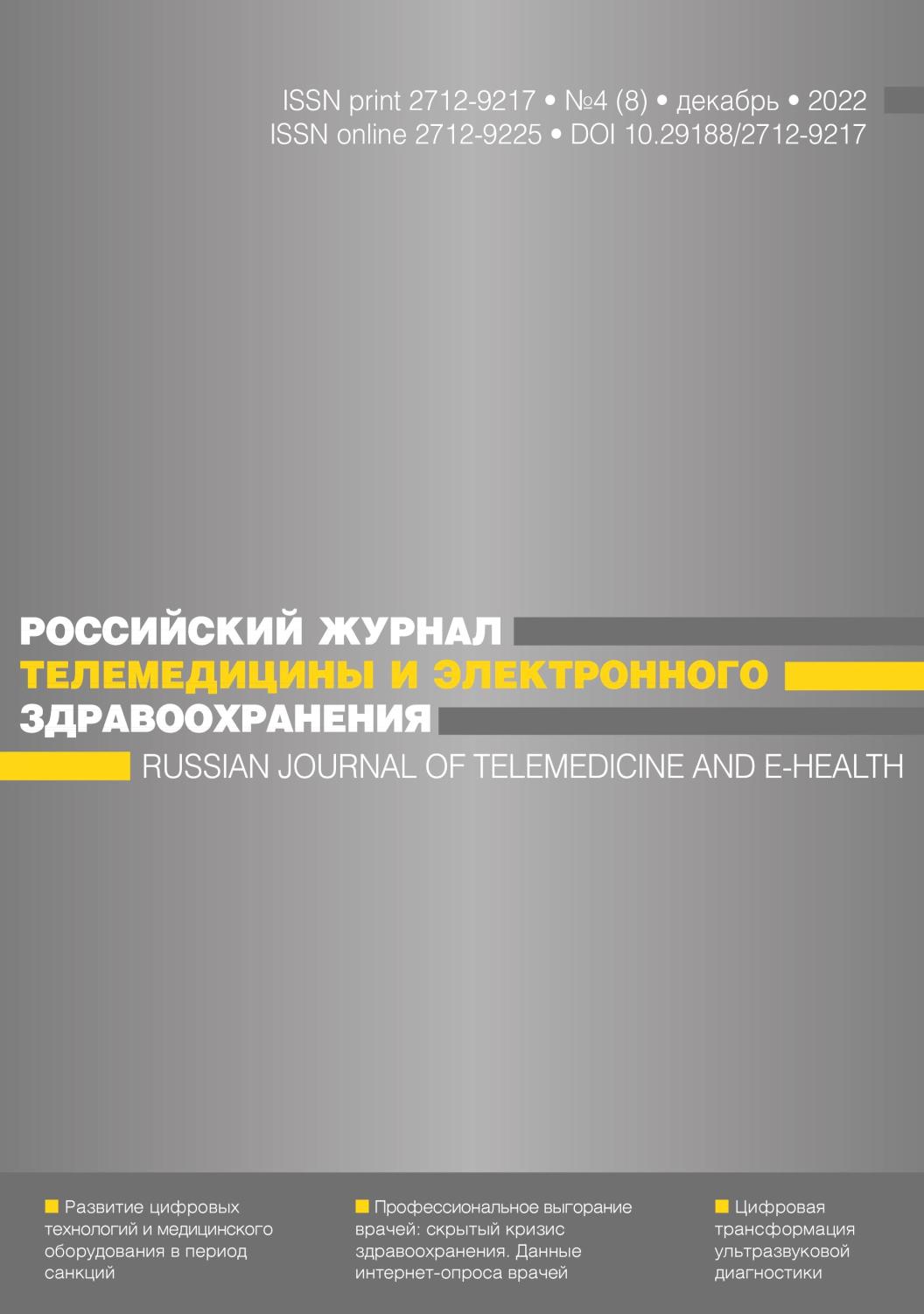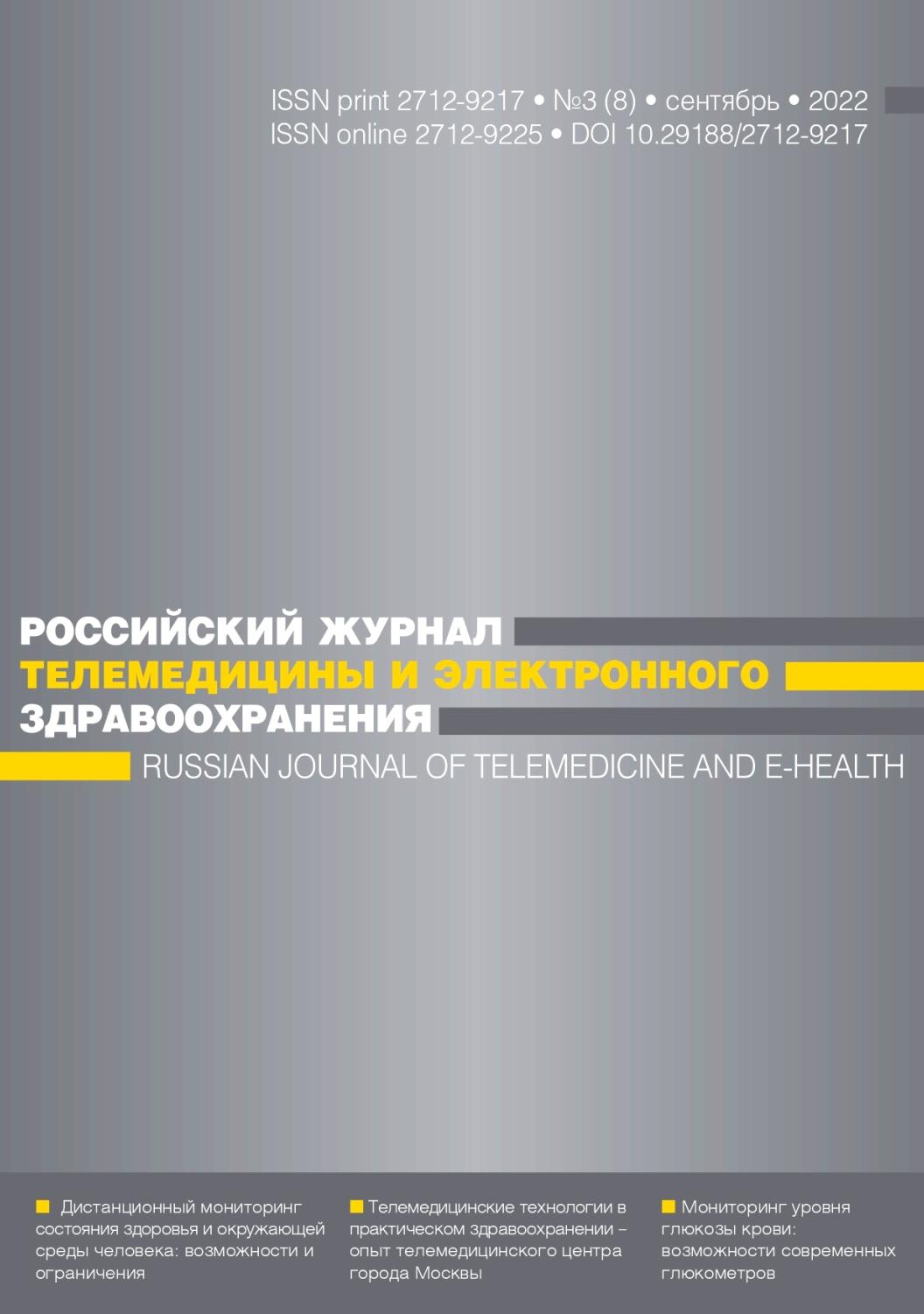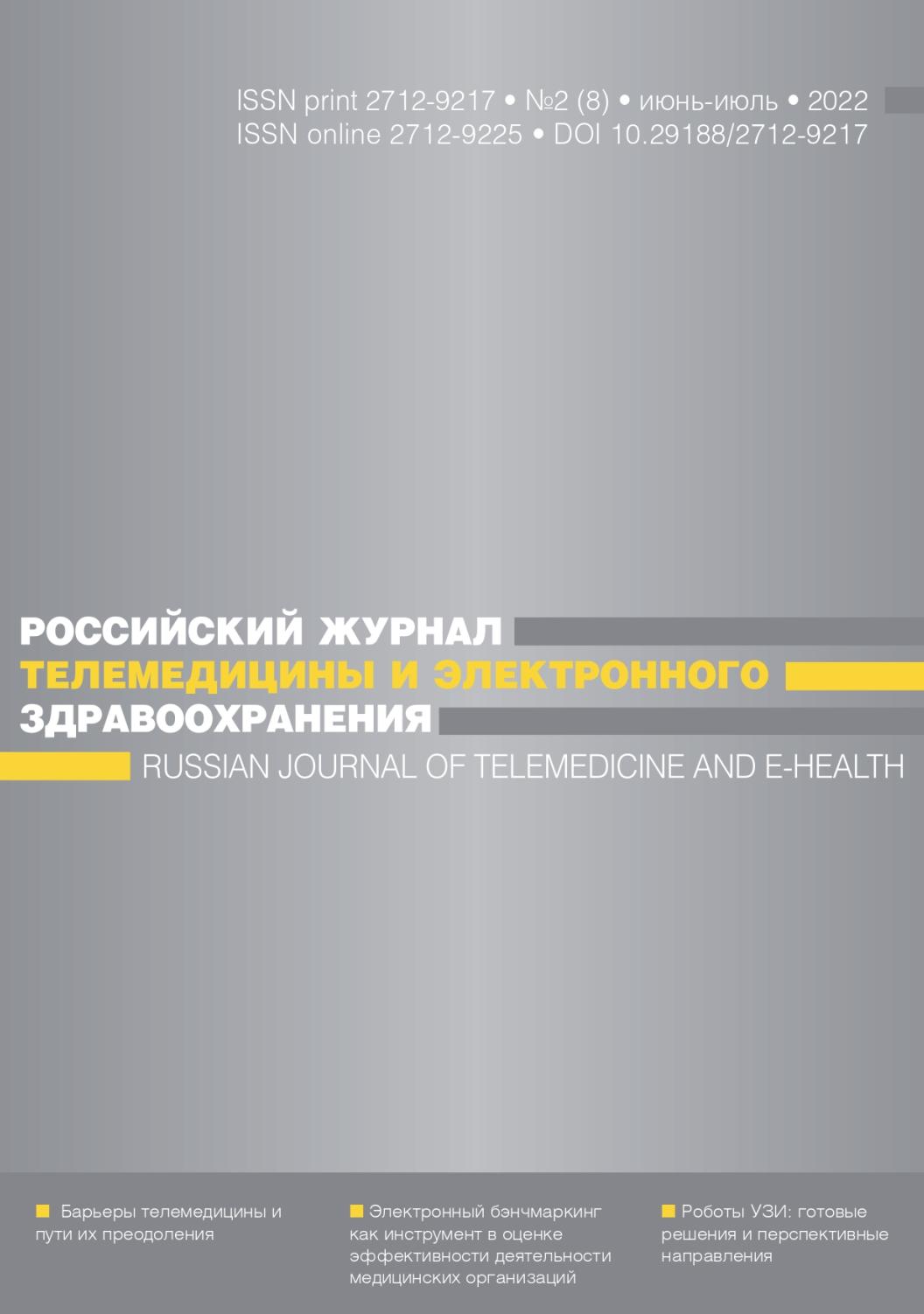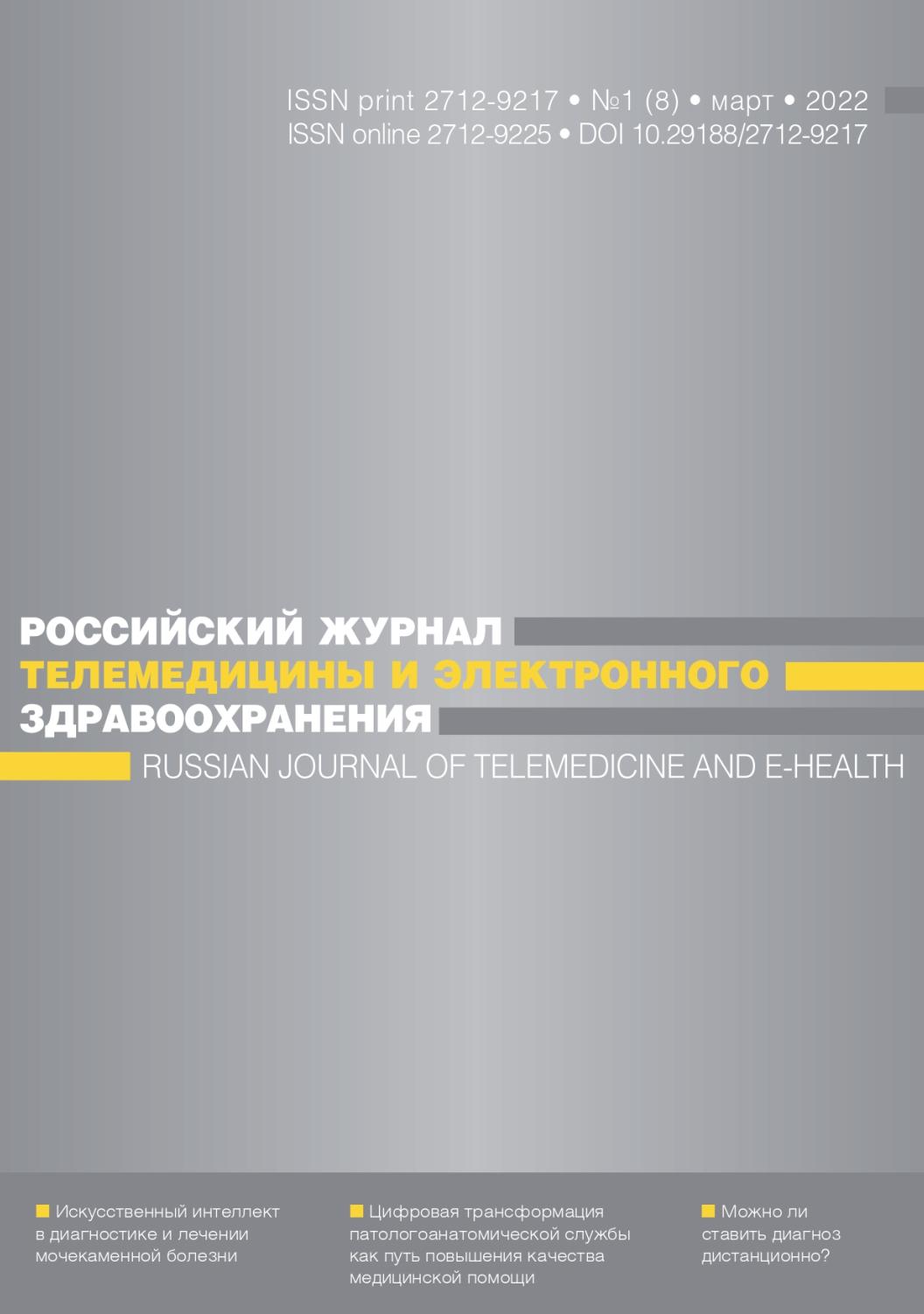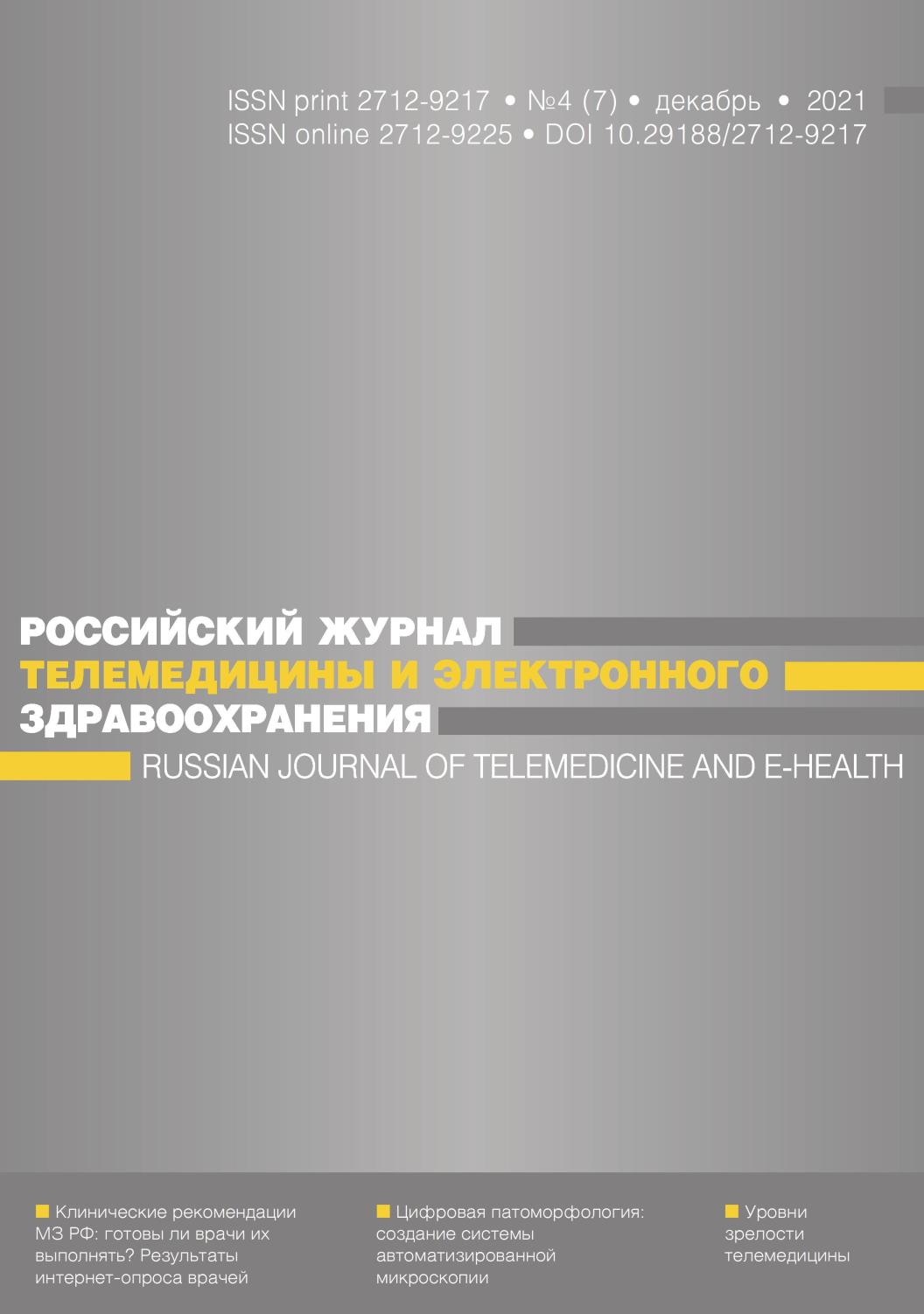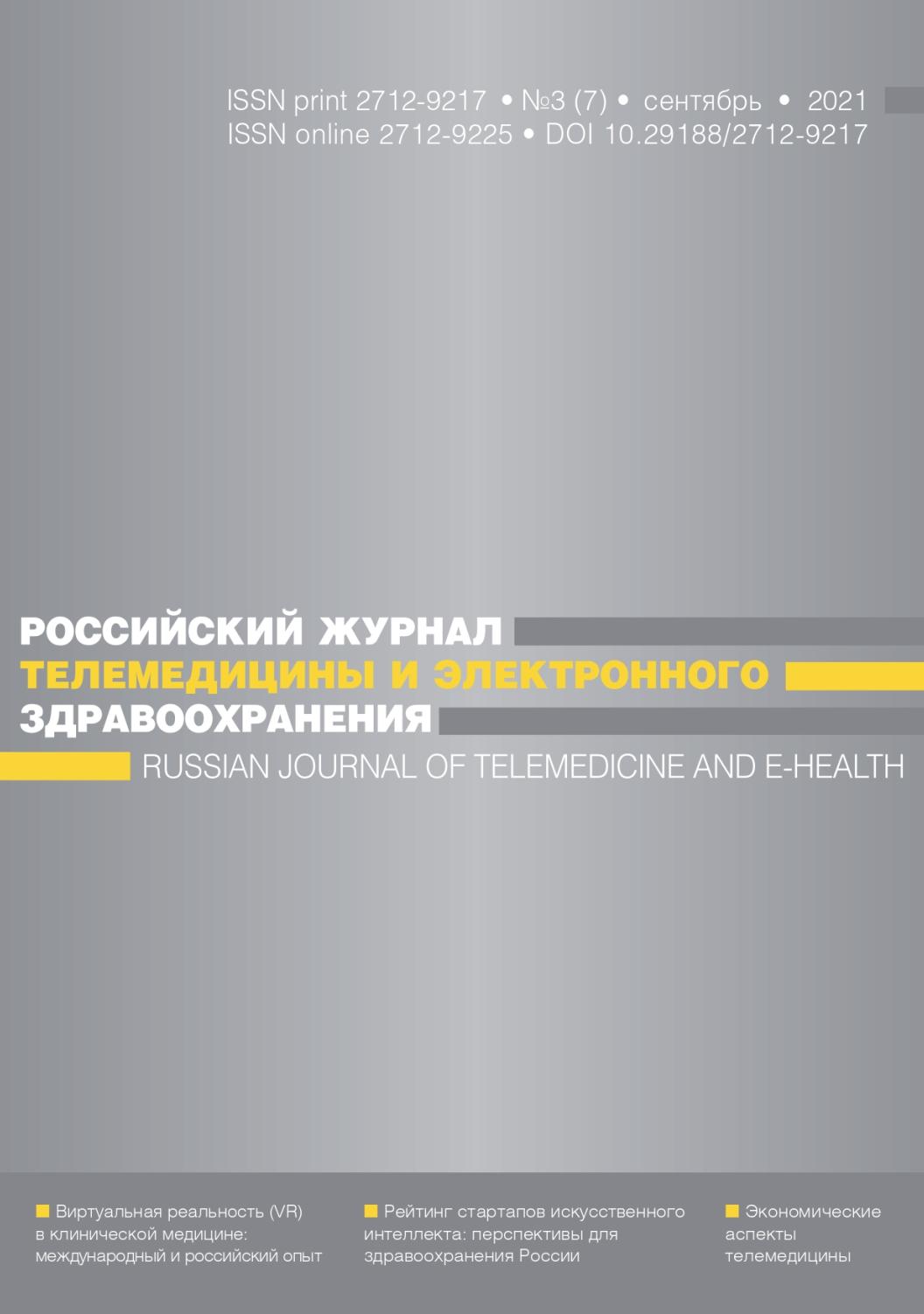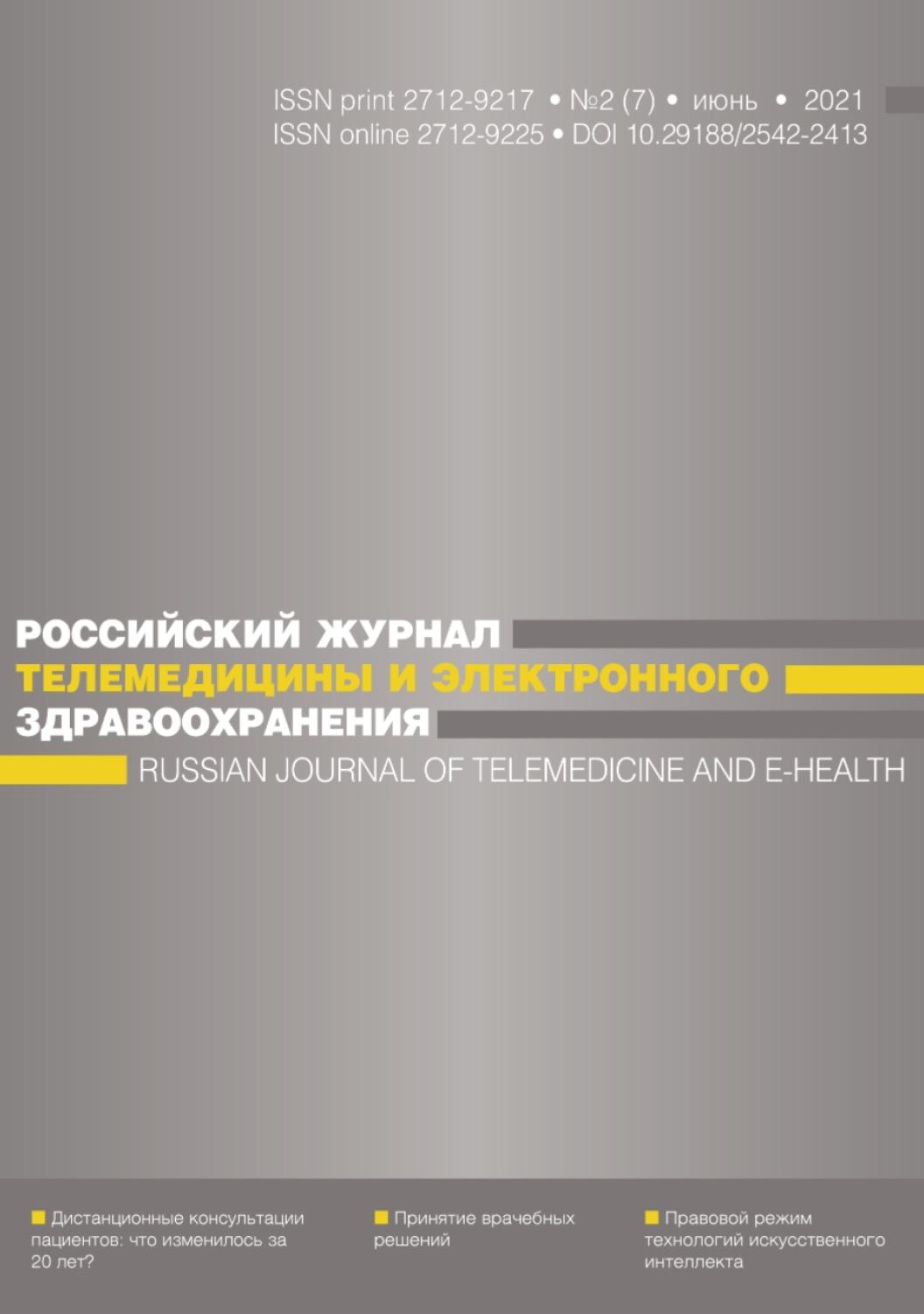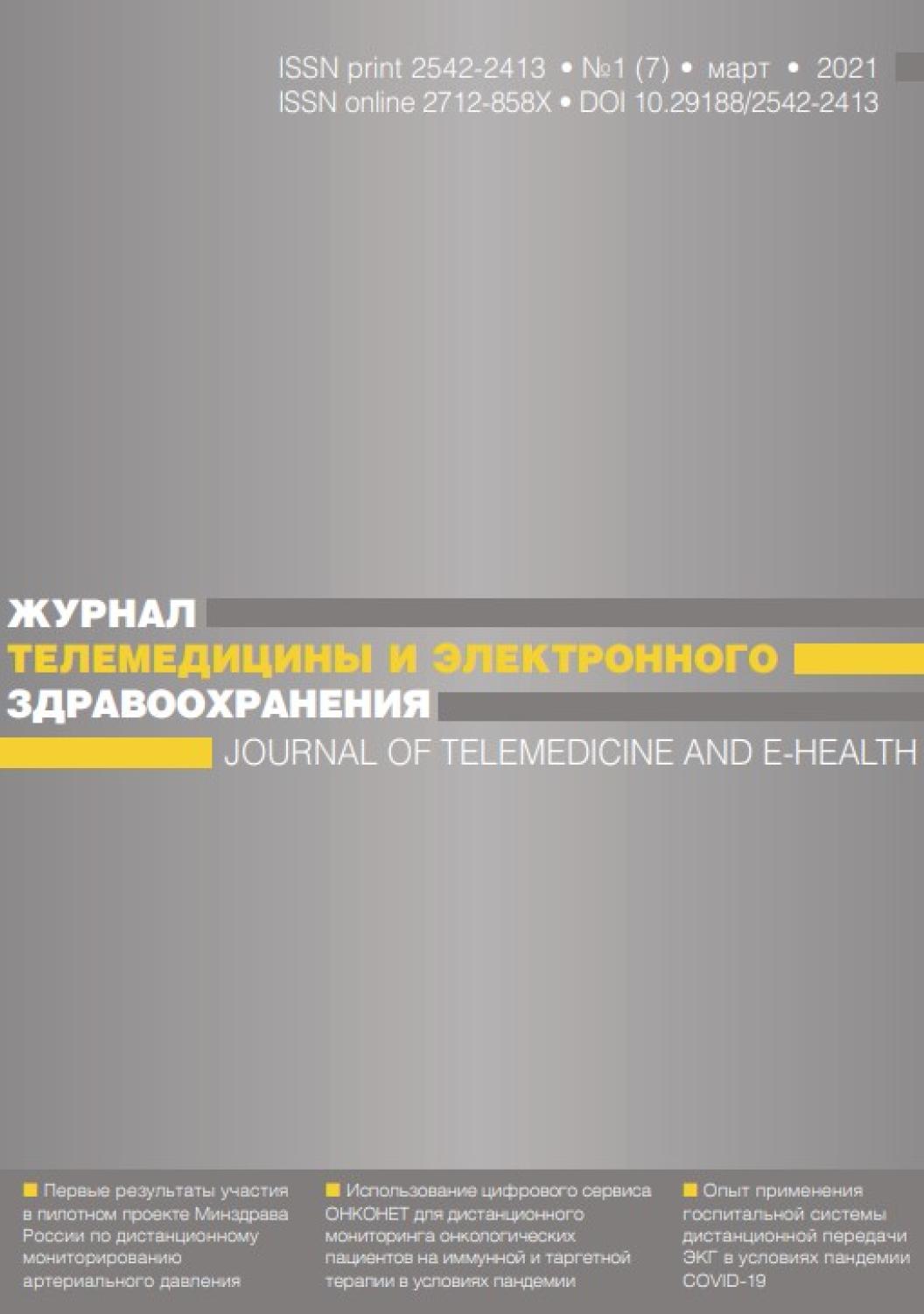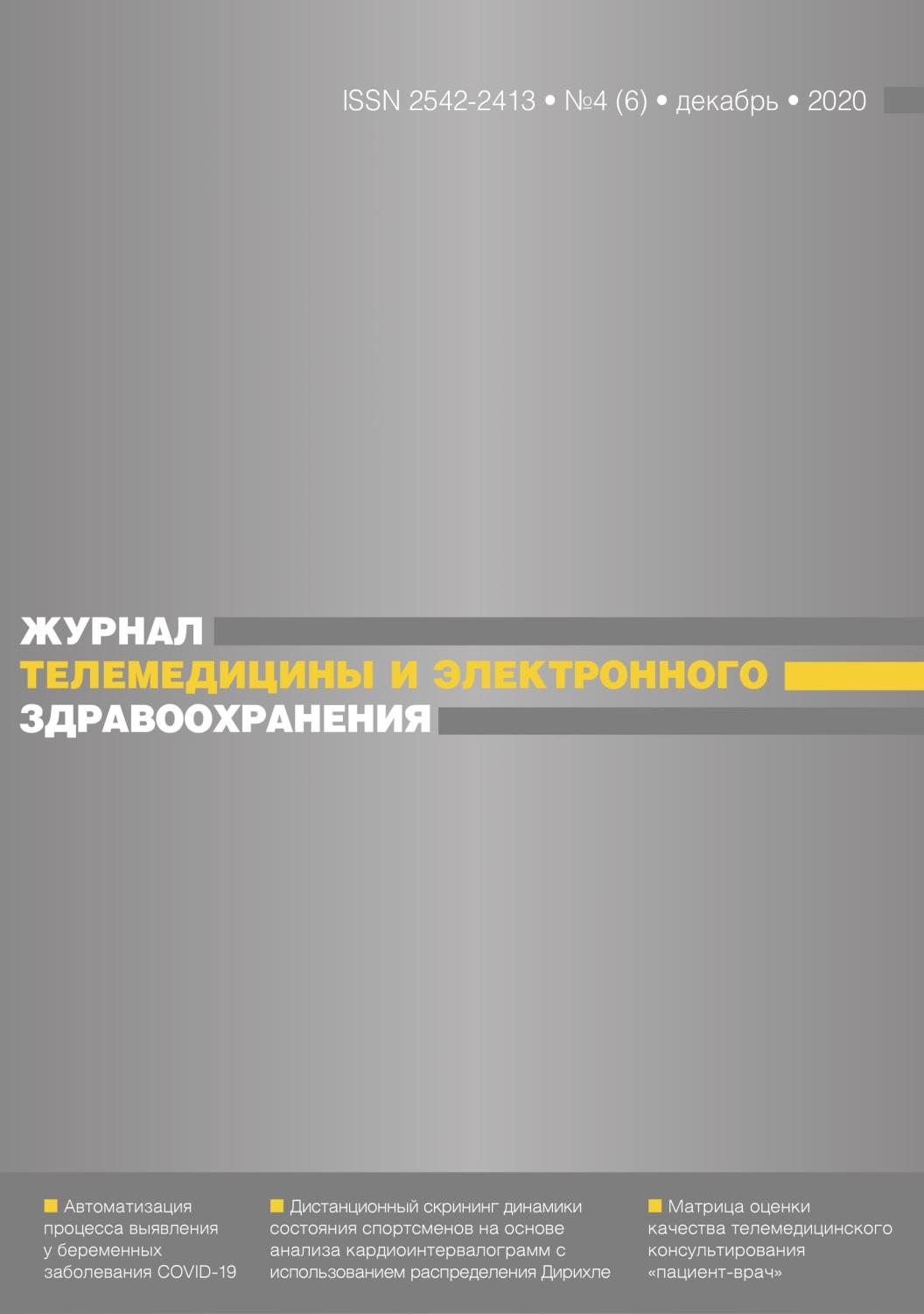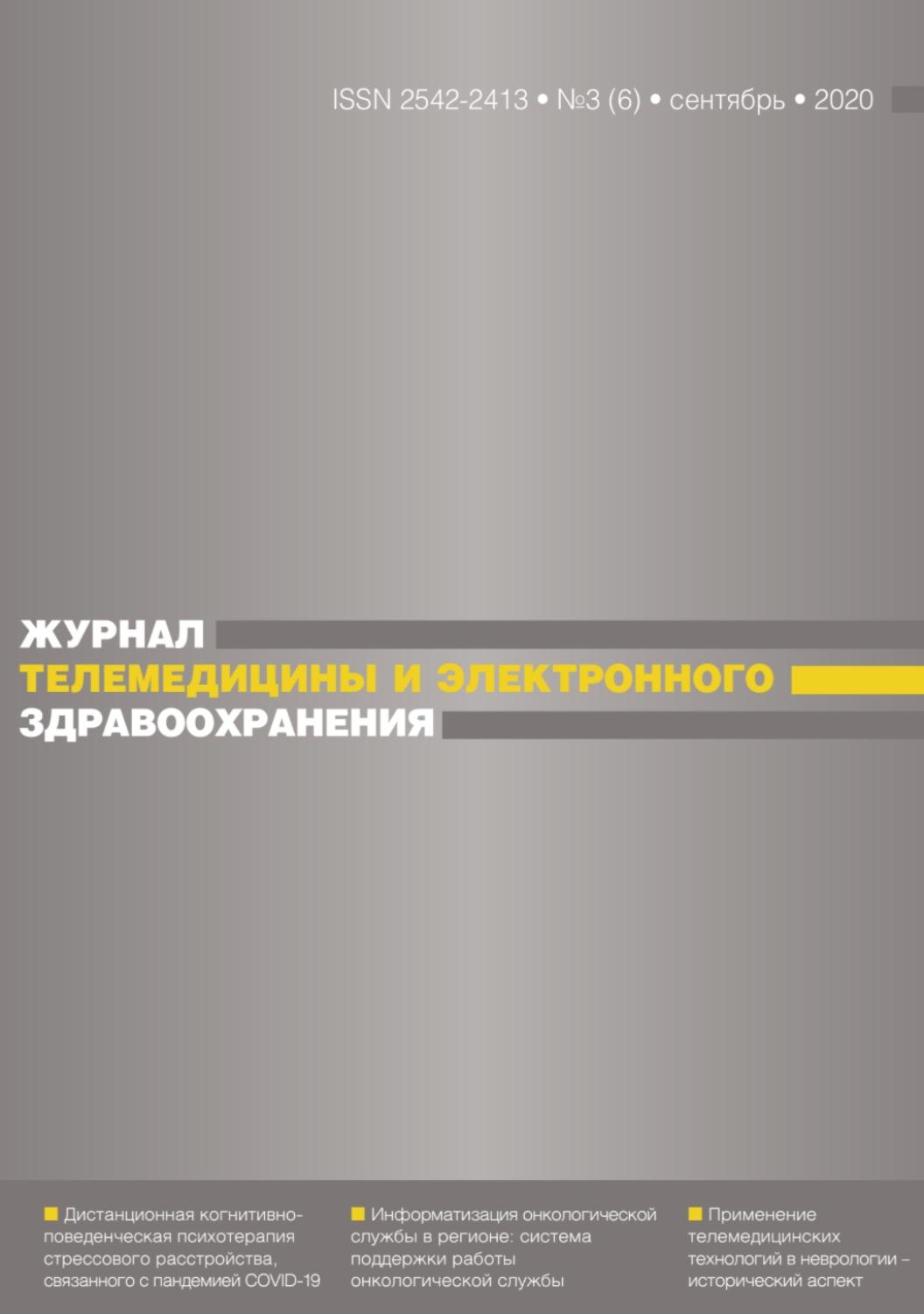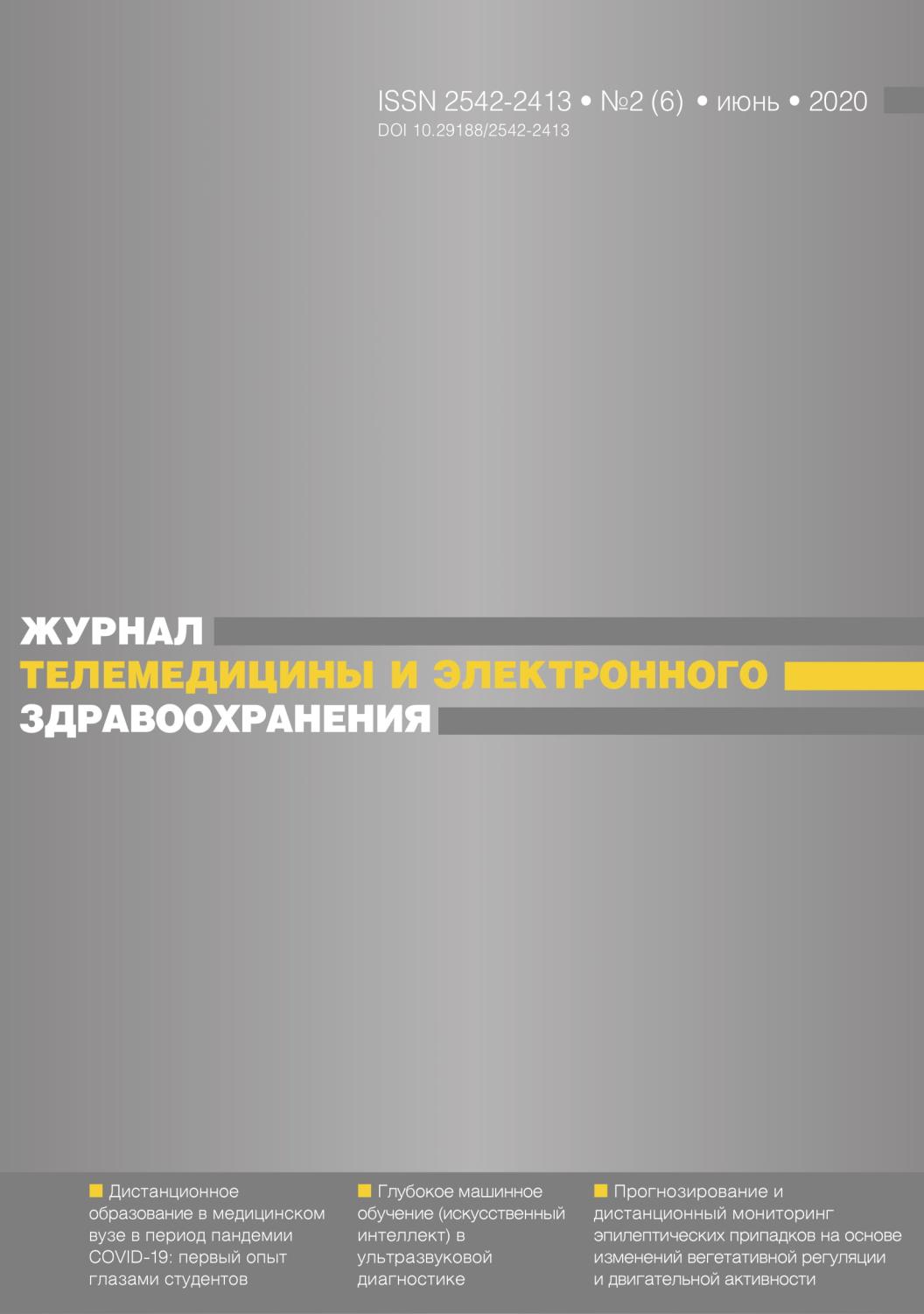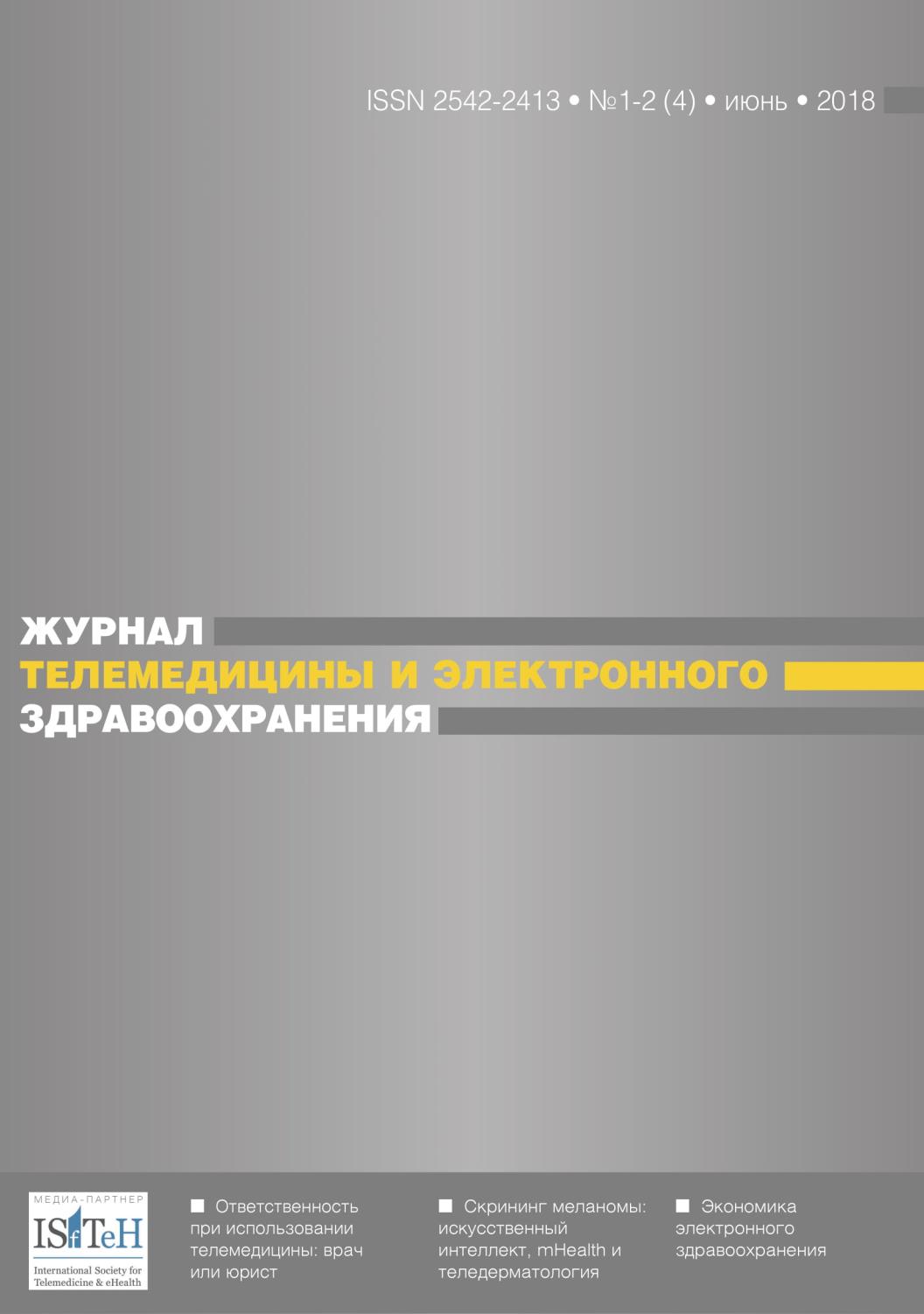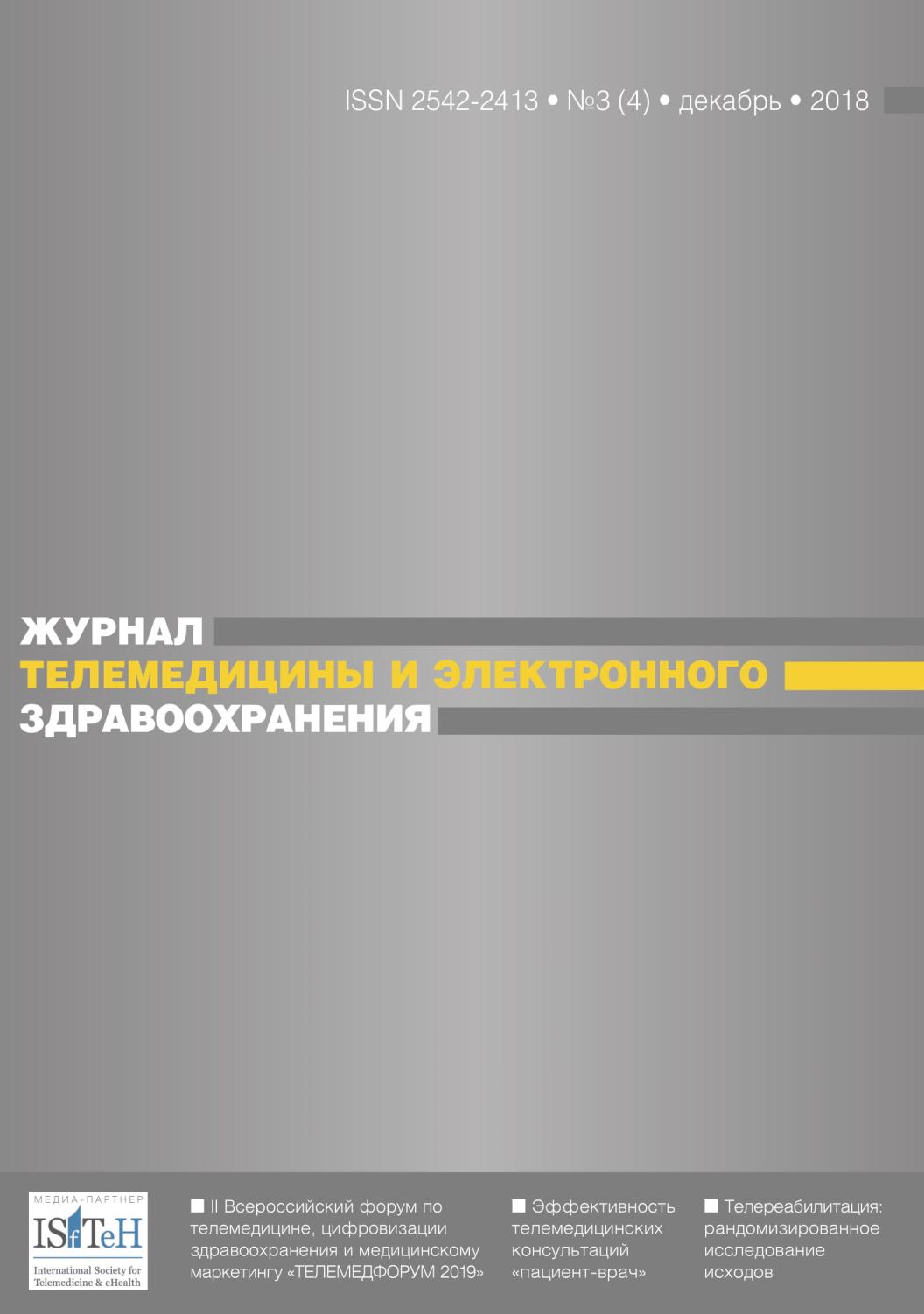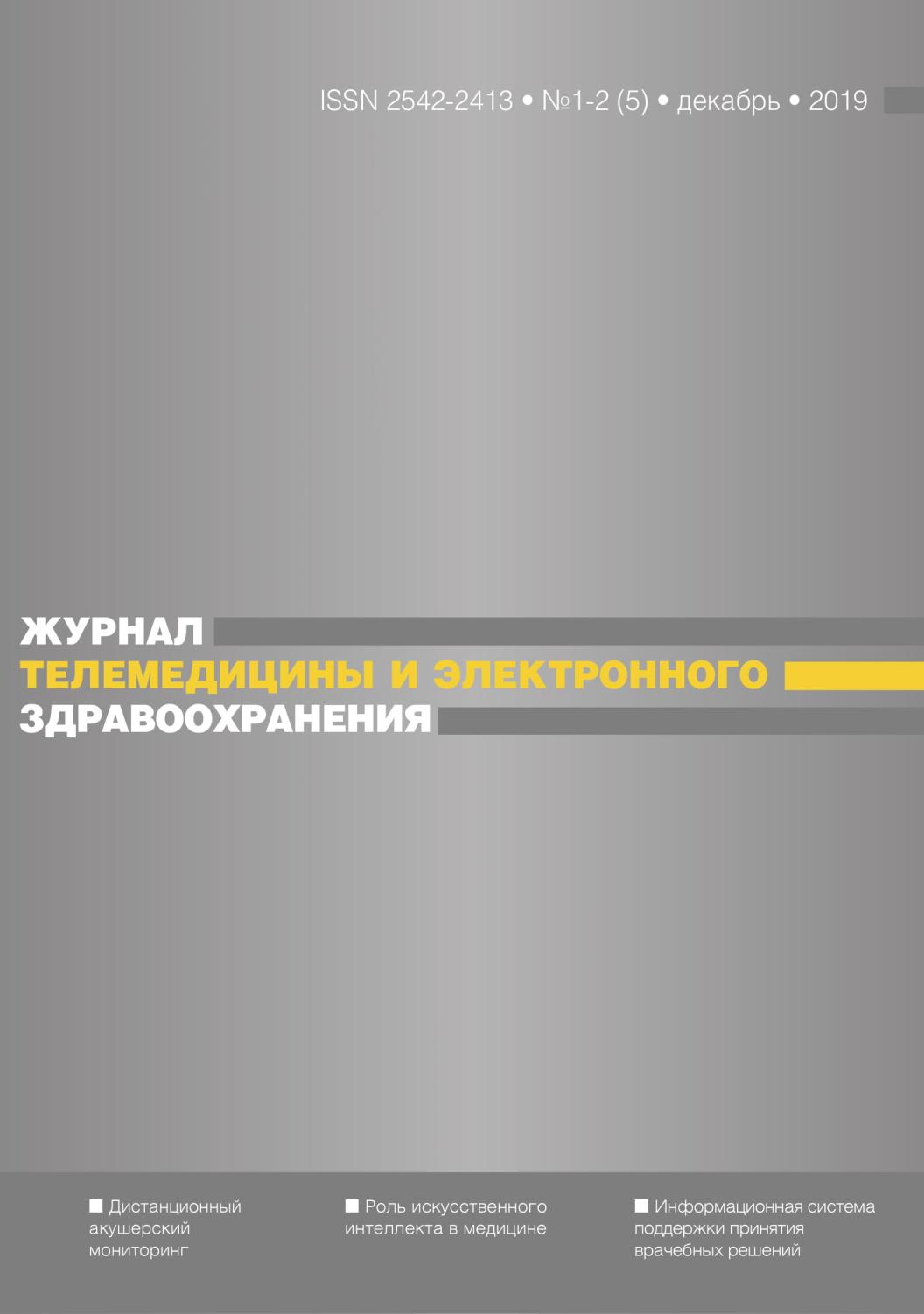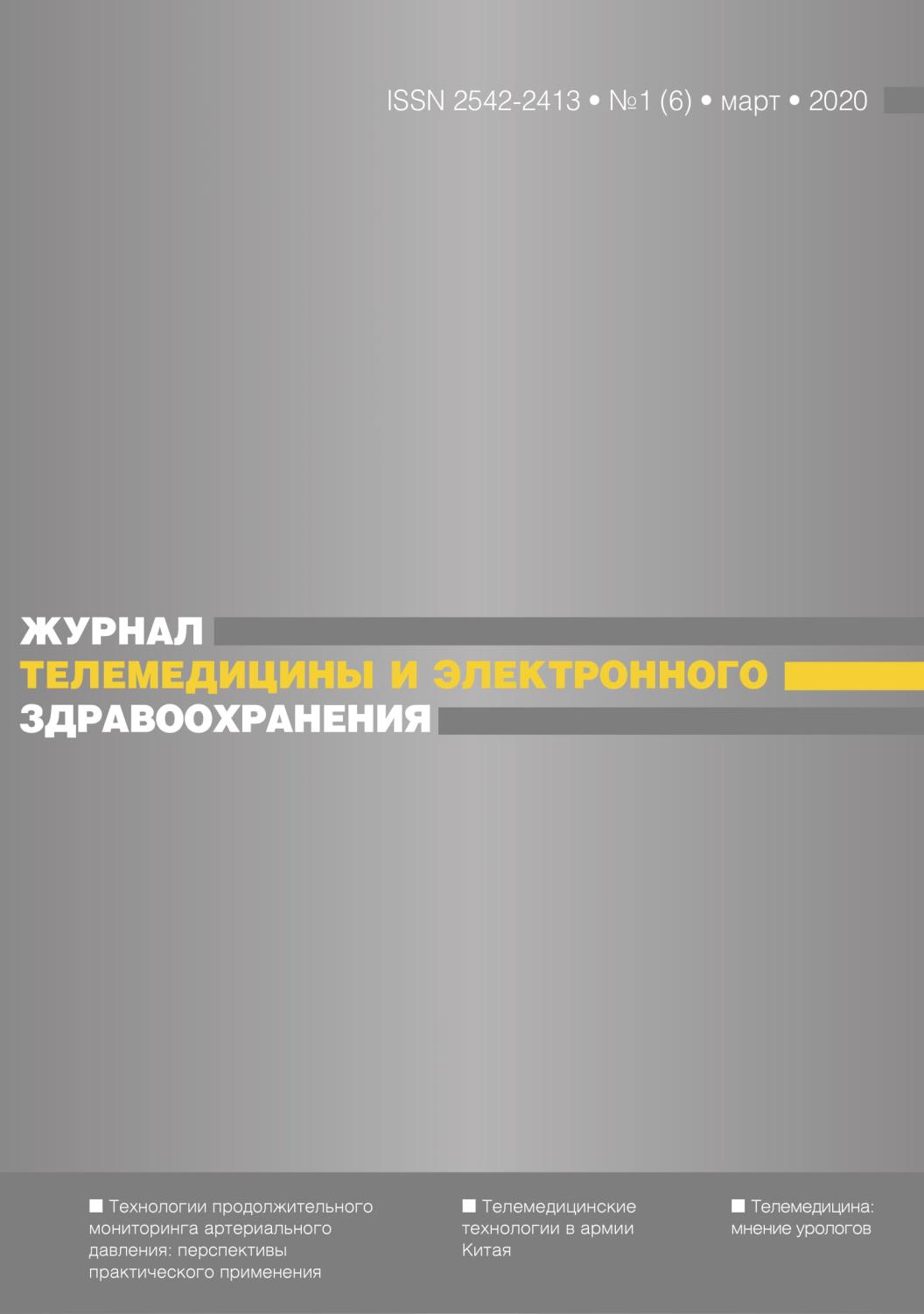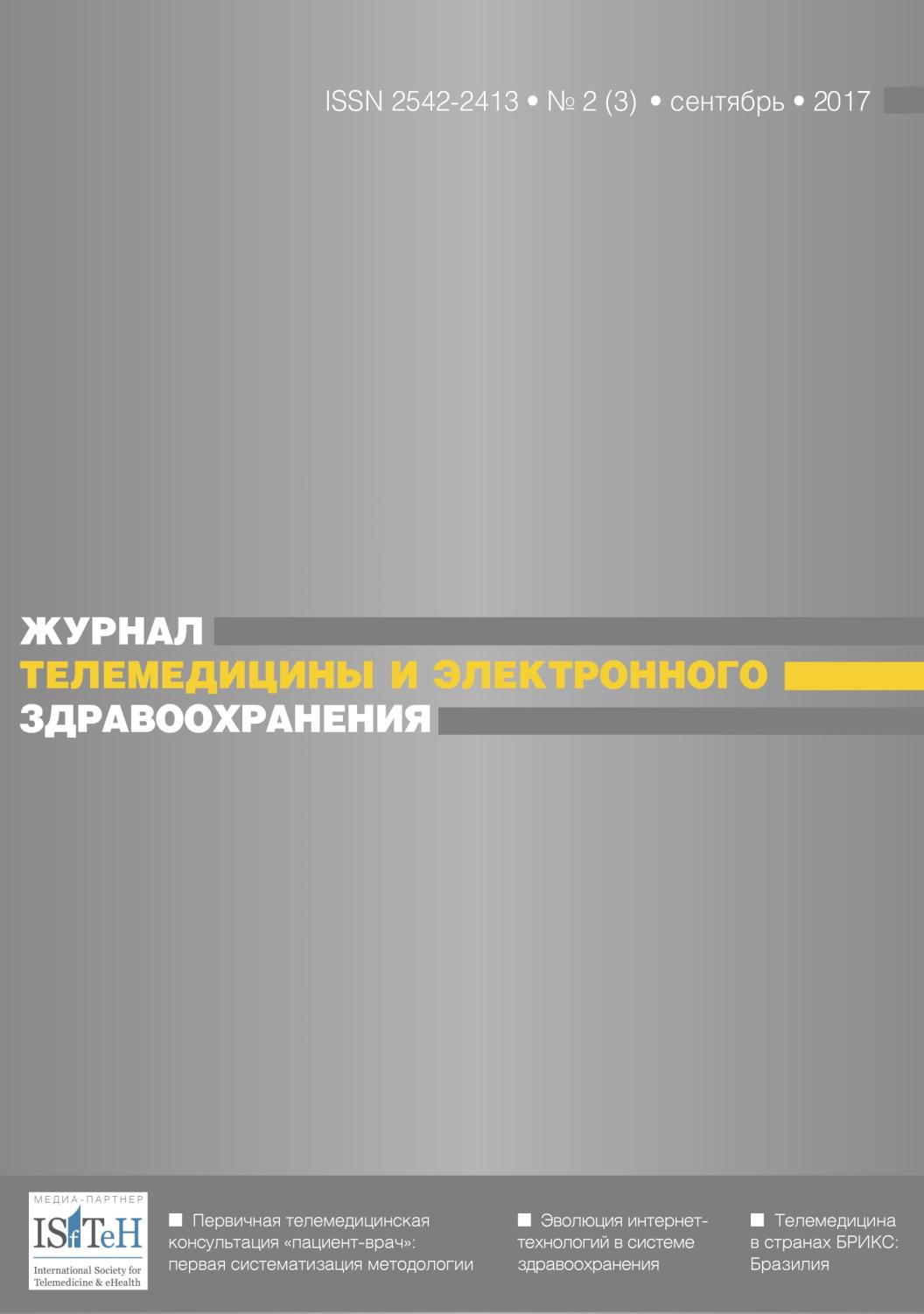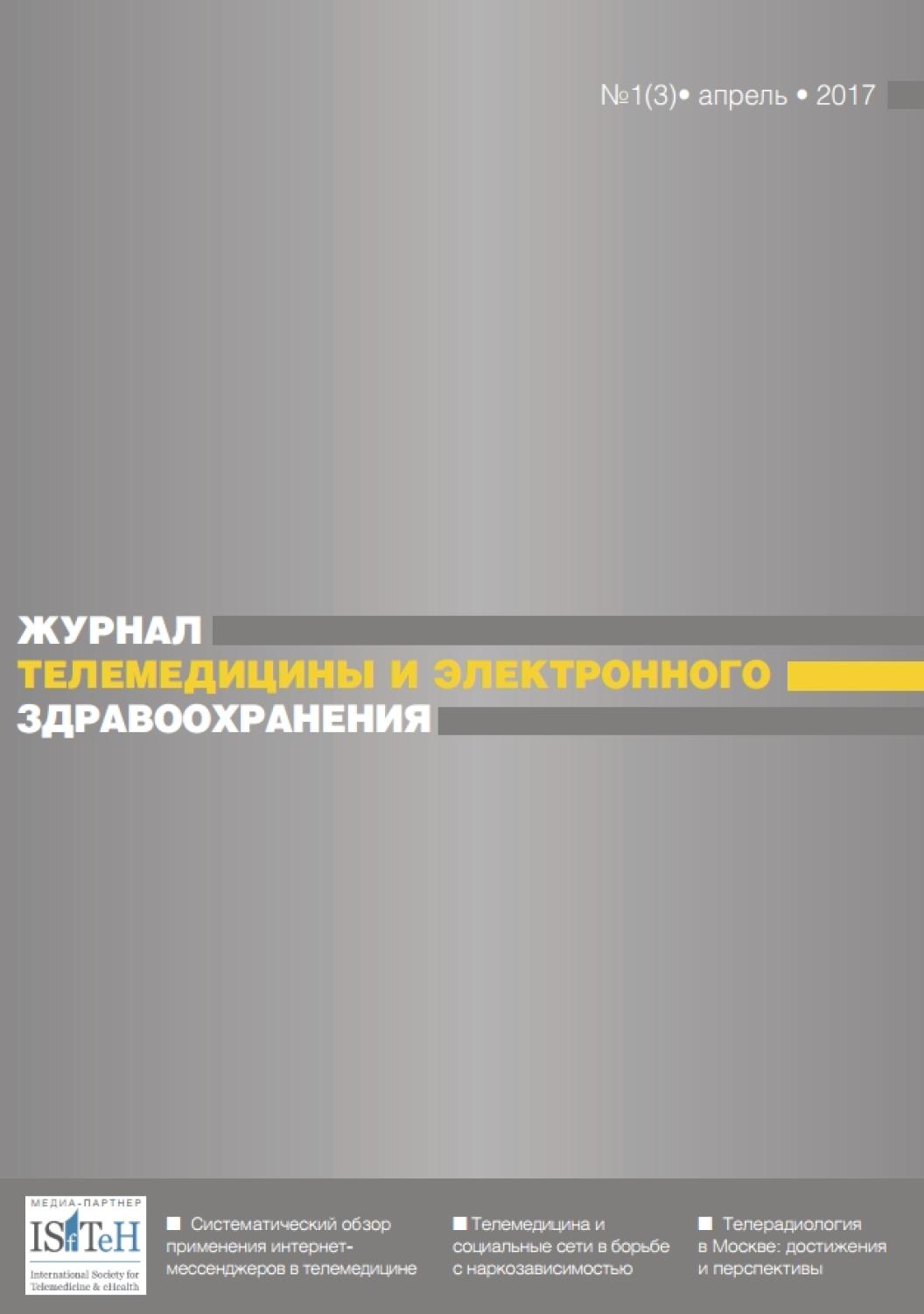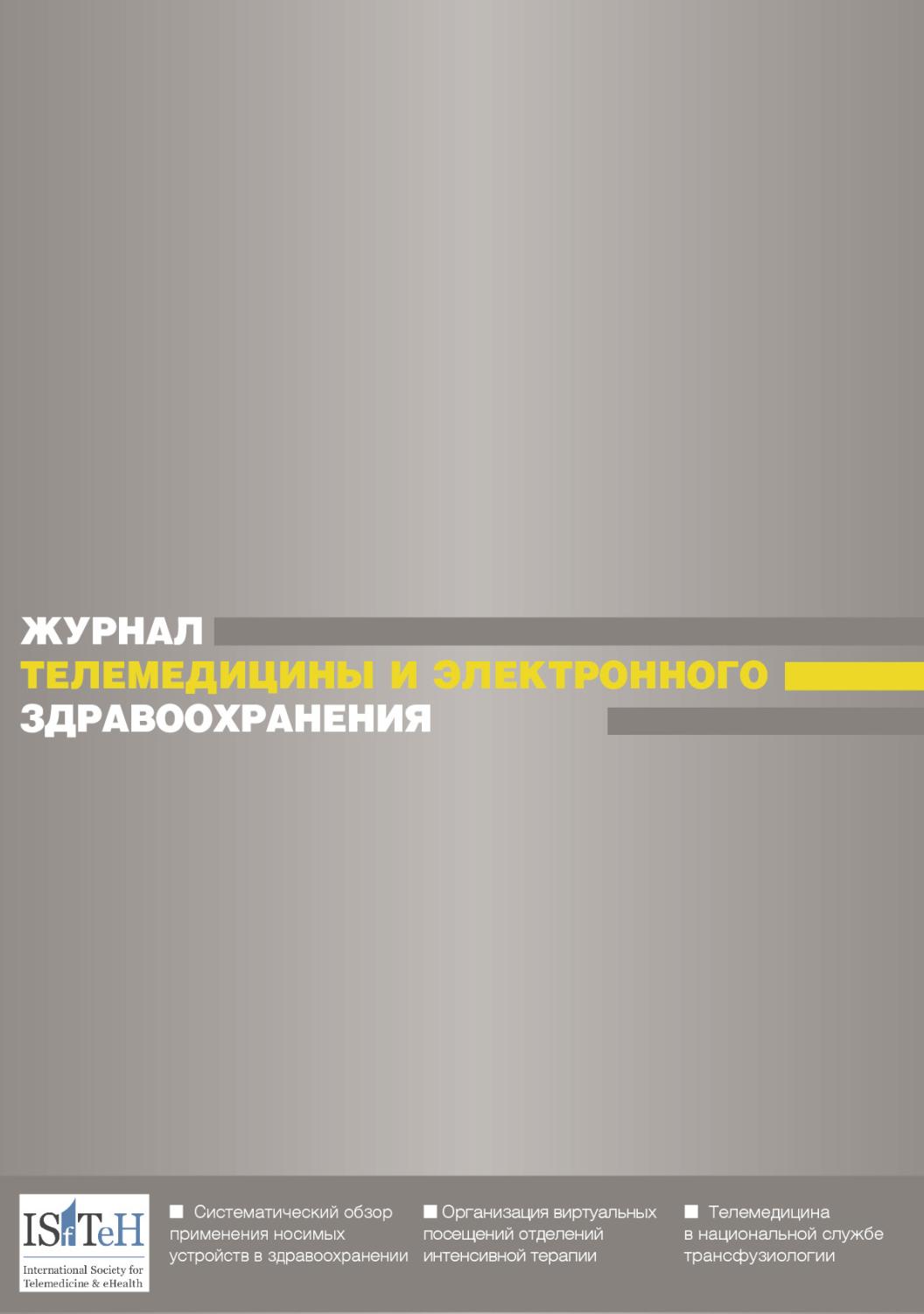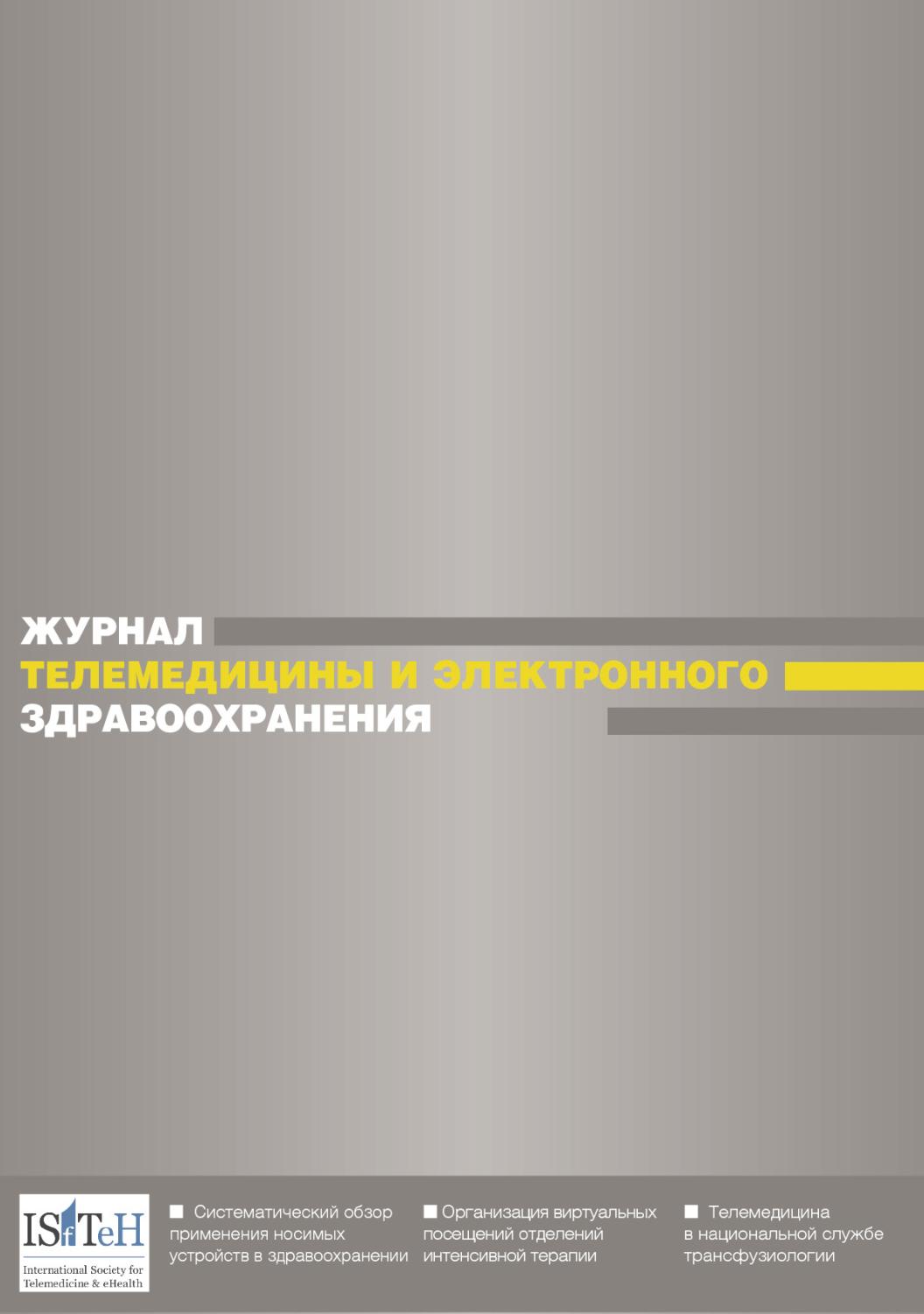Introduction. Cancer patients suffer from a variety of symptoms, both caused by the disease itself and by the side effects of anti- cancer treatments. Many symptoms go unnoticed due to the remote location of the patient, significant intervals between visits to the doctor, differences in individual medical history, and insufficient communication between doctor and patient. Worsening of symptoms indicates progression of cancer or serious adverse effects; it is associated with decreased survival also. The widespread routine use of smartphones and tablets by different categories of patients makes the idea of prompt collection of individual data on the patient's health status extremely relevant.
Objective. To estimate the clinical effectiveness of a distant monitoring of cancer patients (during pandemic and necessary self- isolation also).
Materials and methods.The distant monitoring of patients was carried out using the ONCONET platform at various stages of oncological treatment. The system tested during 2018-2020 in 22 medical organizations in 10 regions of Russia. The largest number of patients recruited at the Lipetsk Regional Oncological Hospital. A retrospective cohort study conducted on this material. The main (n = 206) and control (n = 209) groups were formed. The study used the methods of statistical analysis, sociological survey.
Results. Telemonitoring allows reduce the frequency of postponing the dates of the next chemotherapy course by 1.5 times. It makes possible to maintain the required intervals between courses of treatment, which significantly improved patient survival.
Conclusions. Distant interaction oncological patients and doctors significantly reduces anxiety, improves quality of life, satisfaction with treatment, and ensures high loyalty and adherence to treatment. Services of distant monitoring in oncology should be included in state health insurance system for reimbursement.


